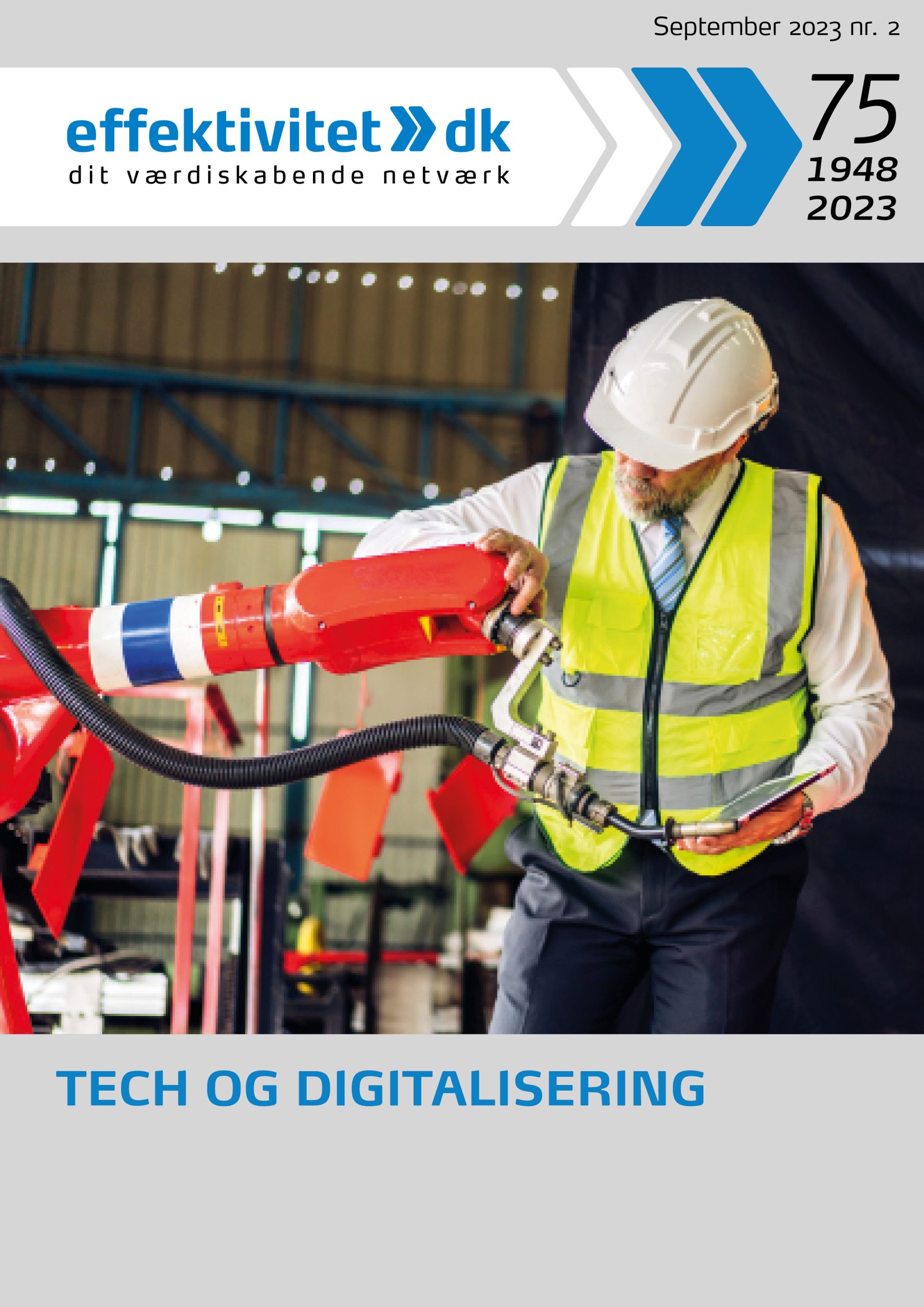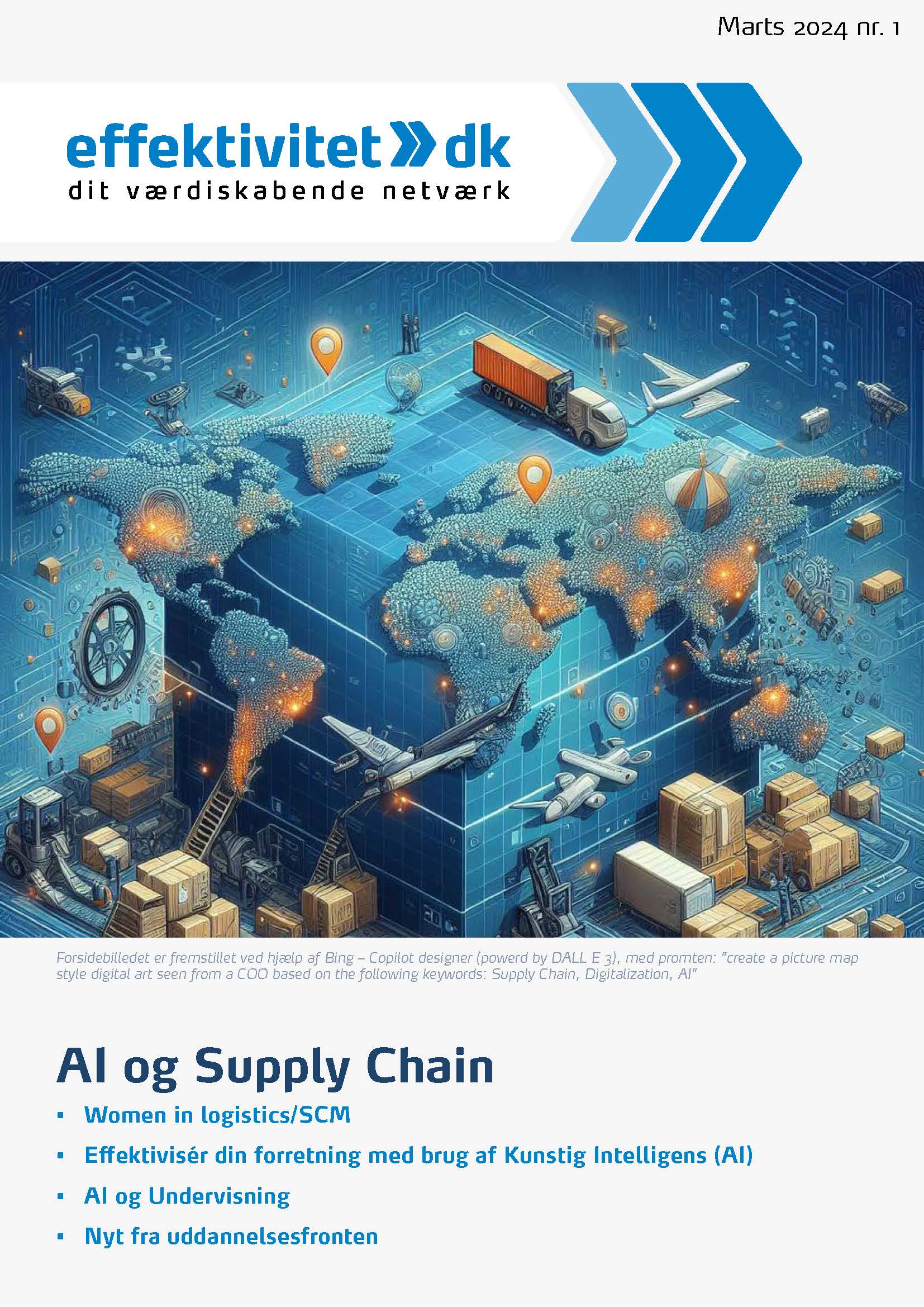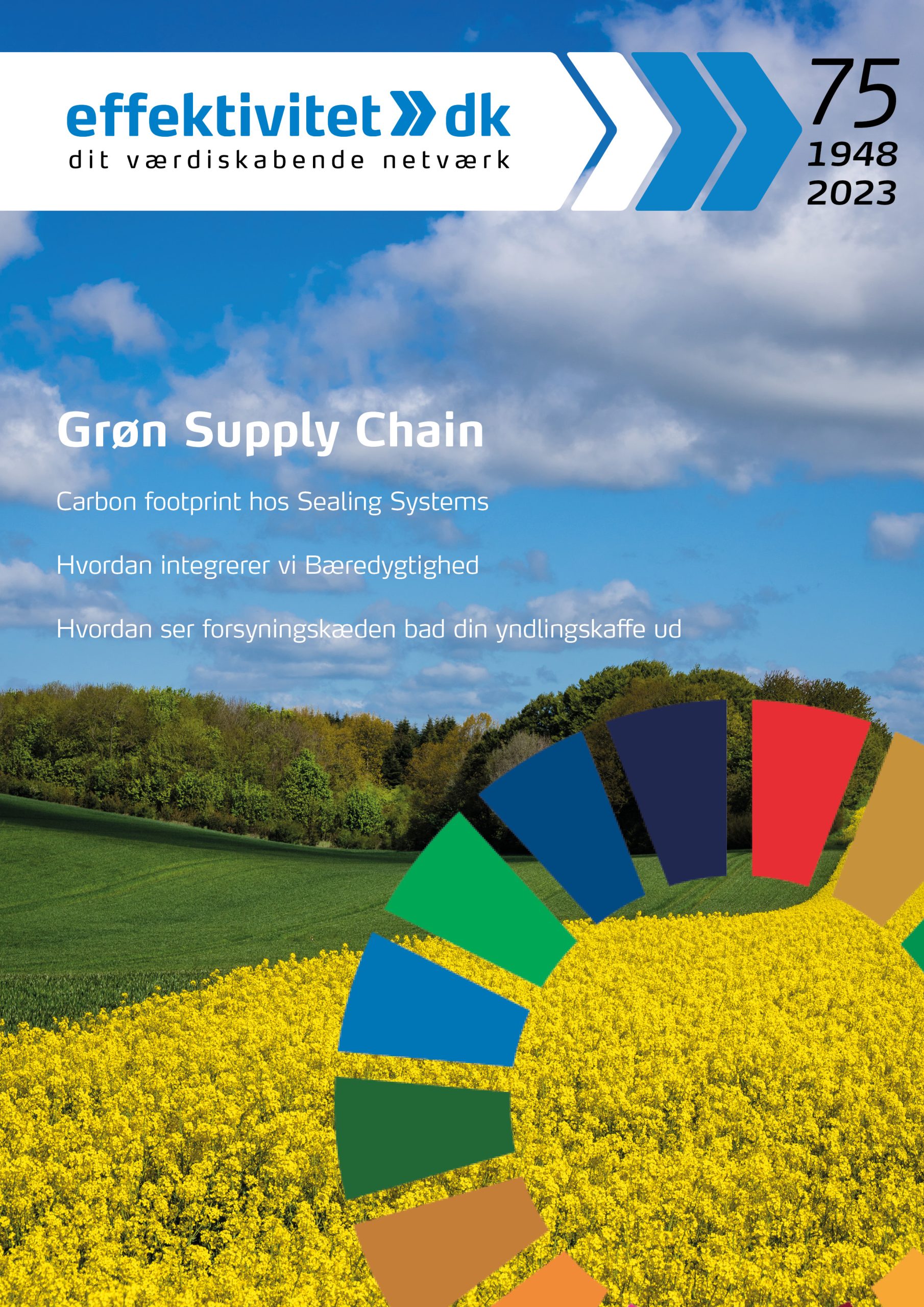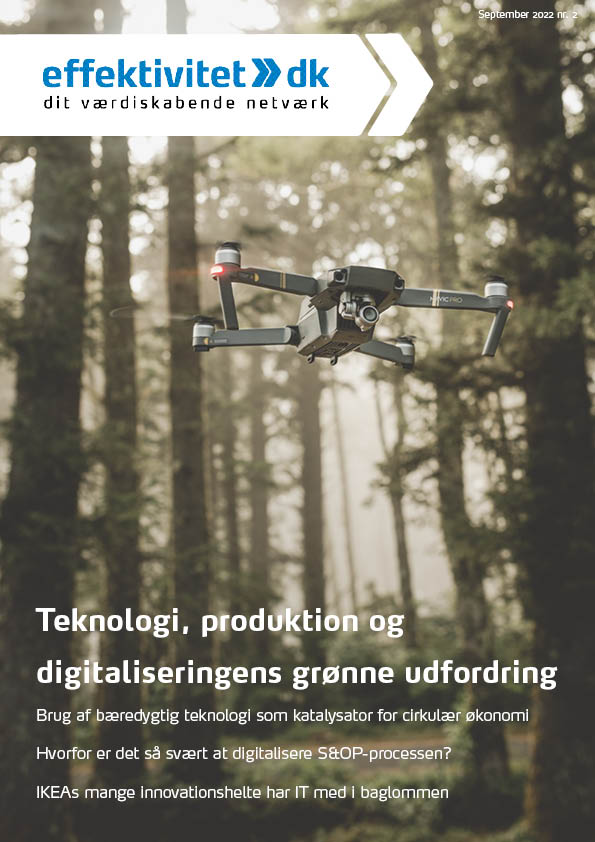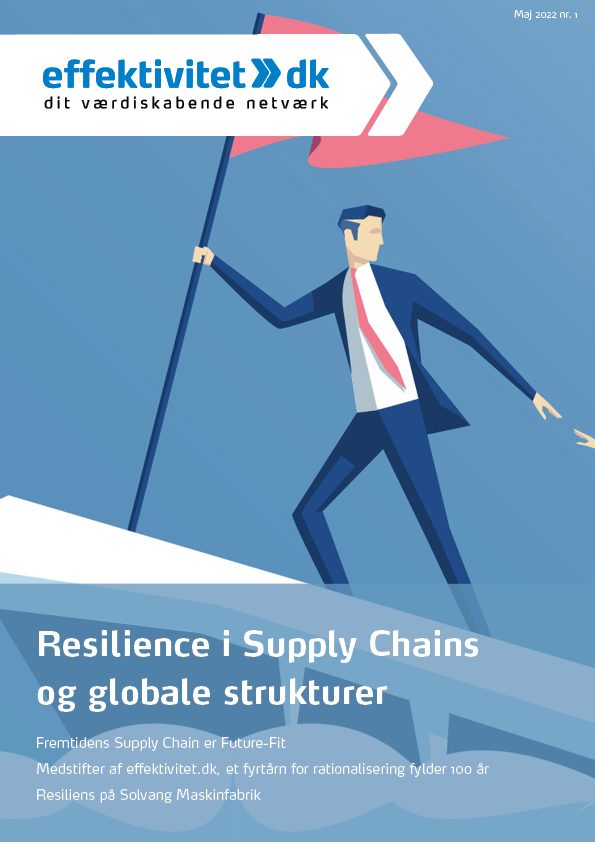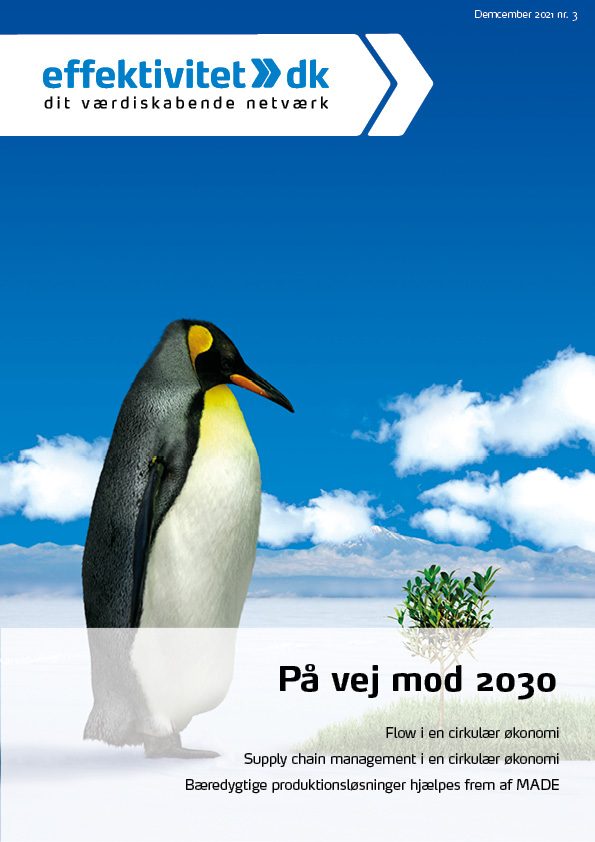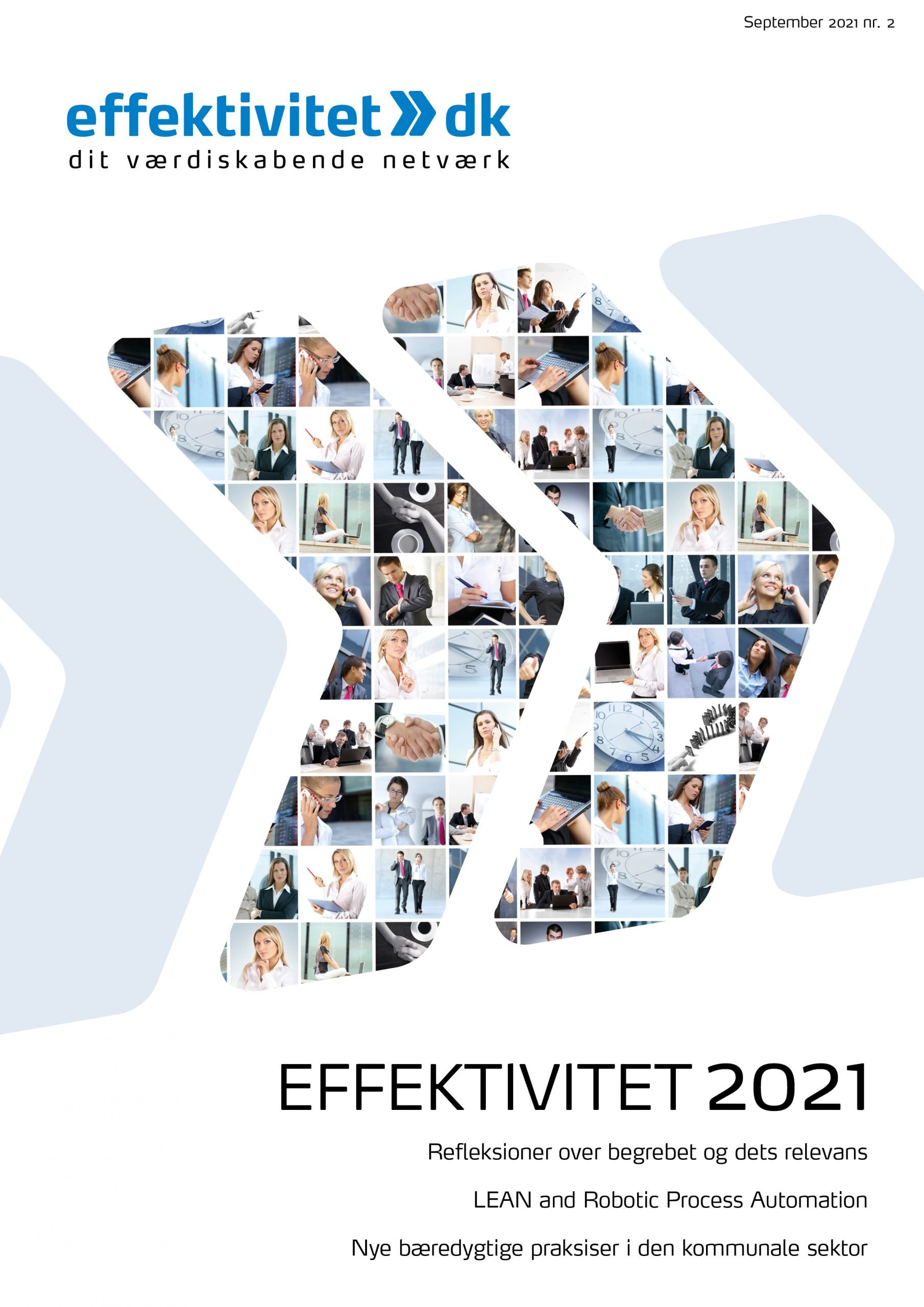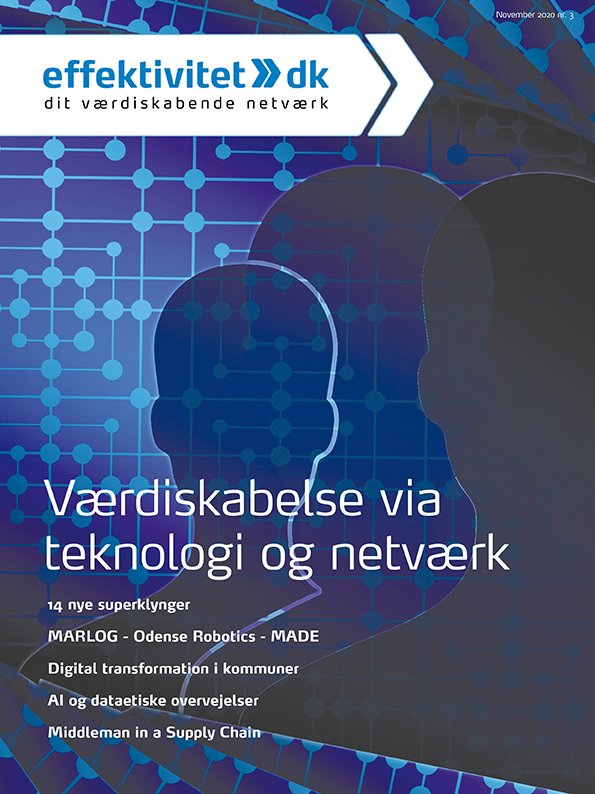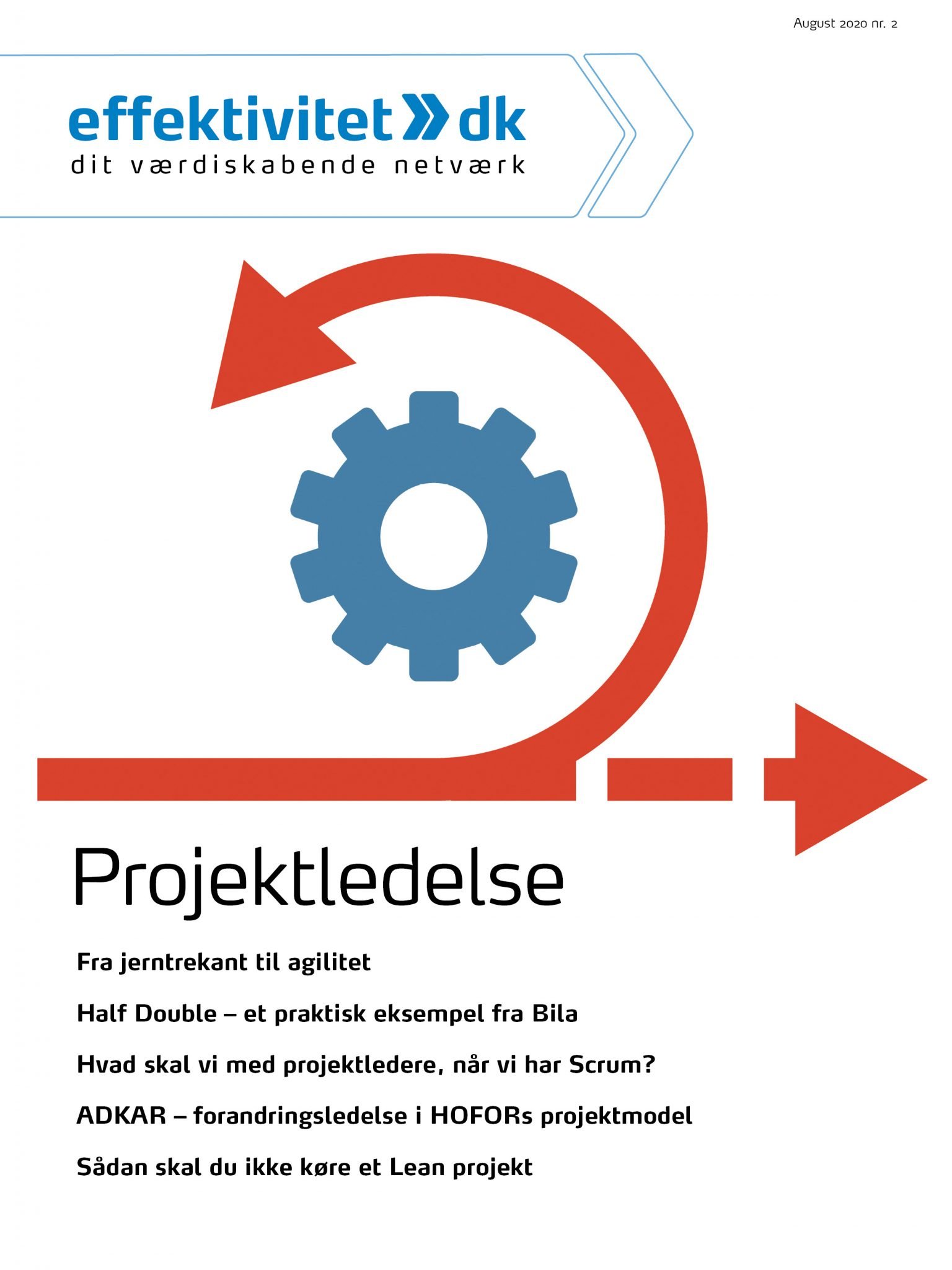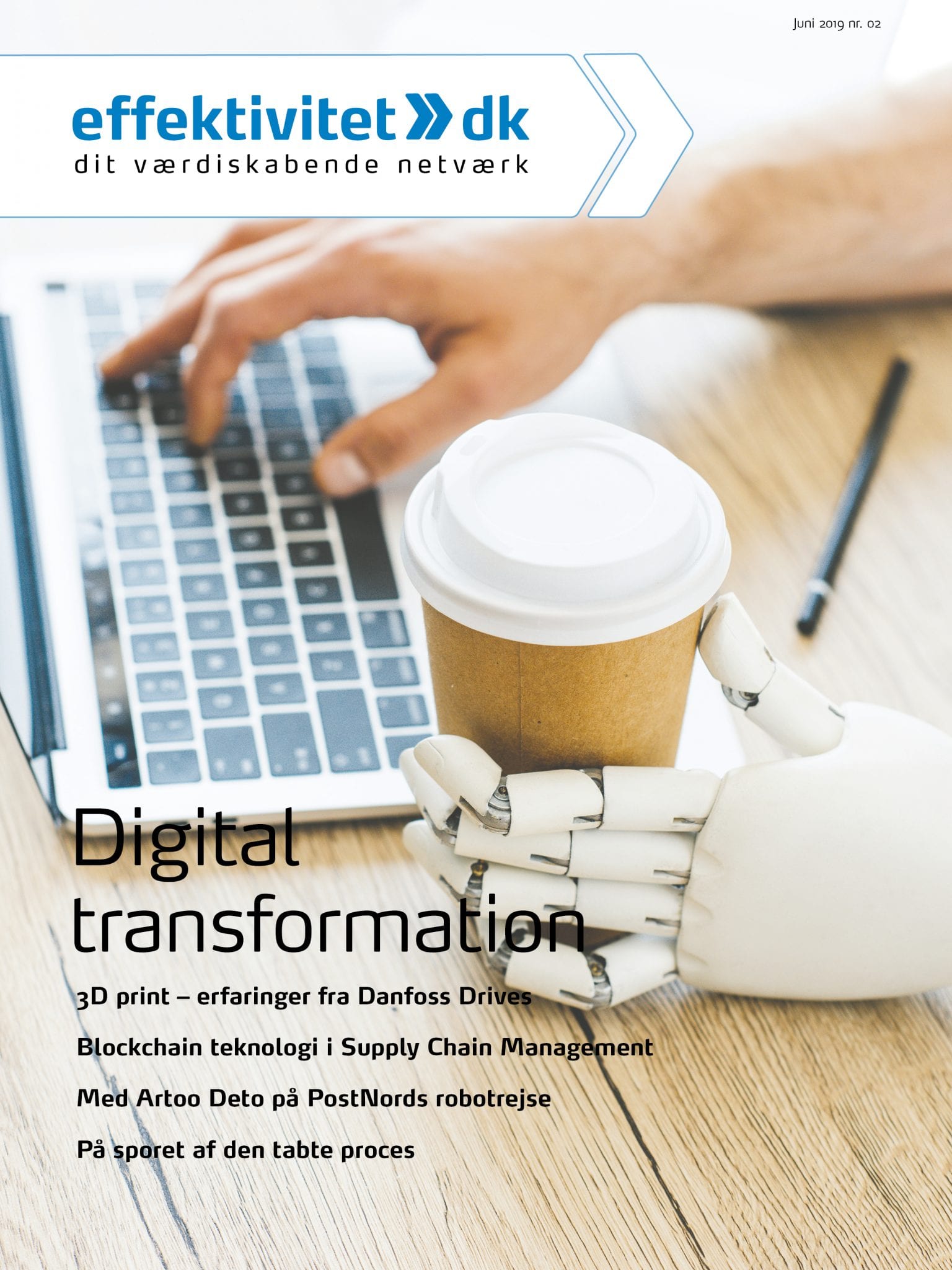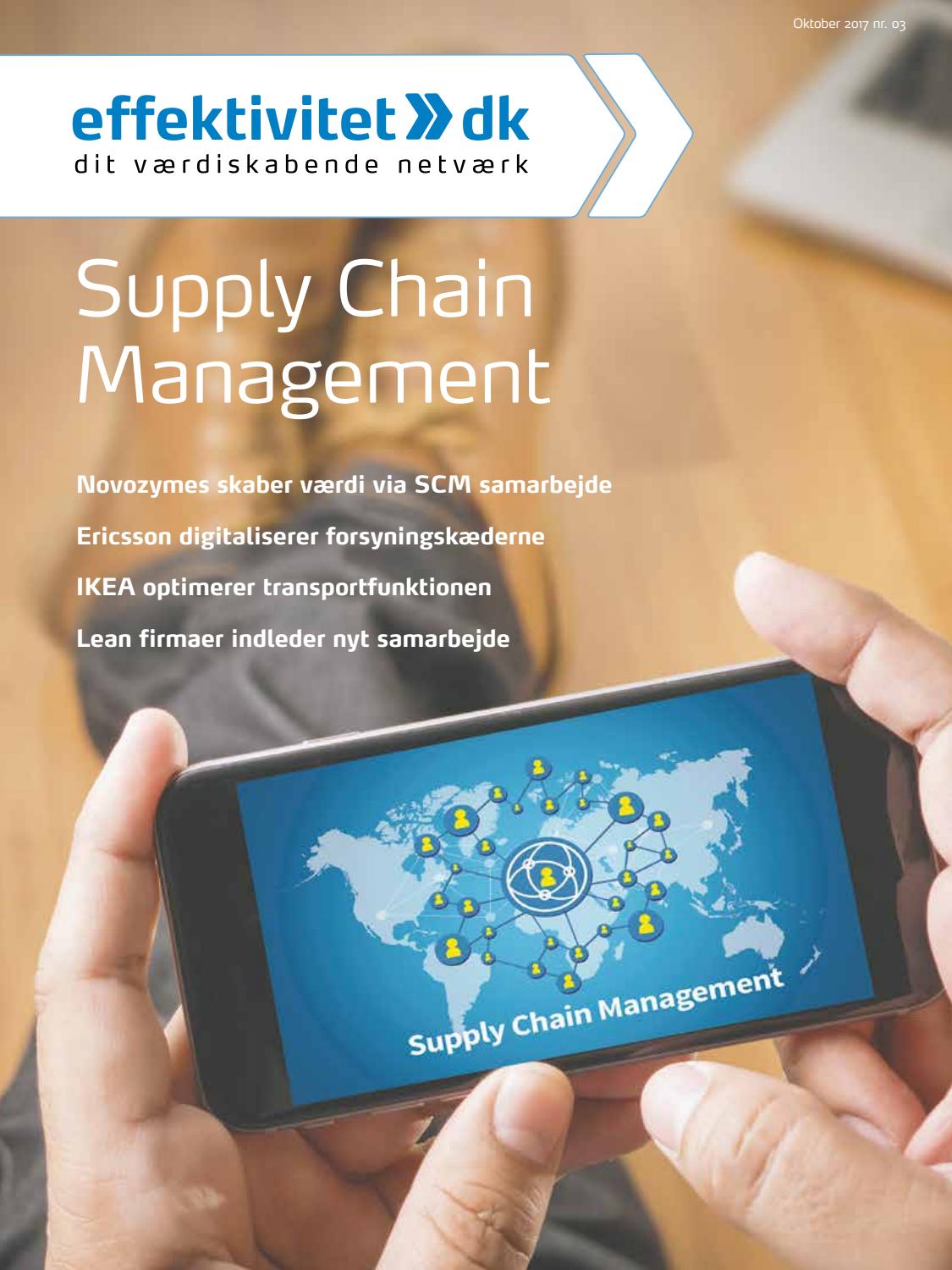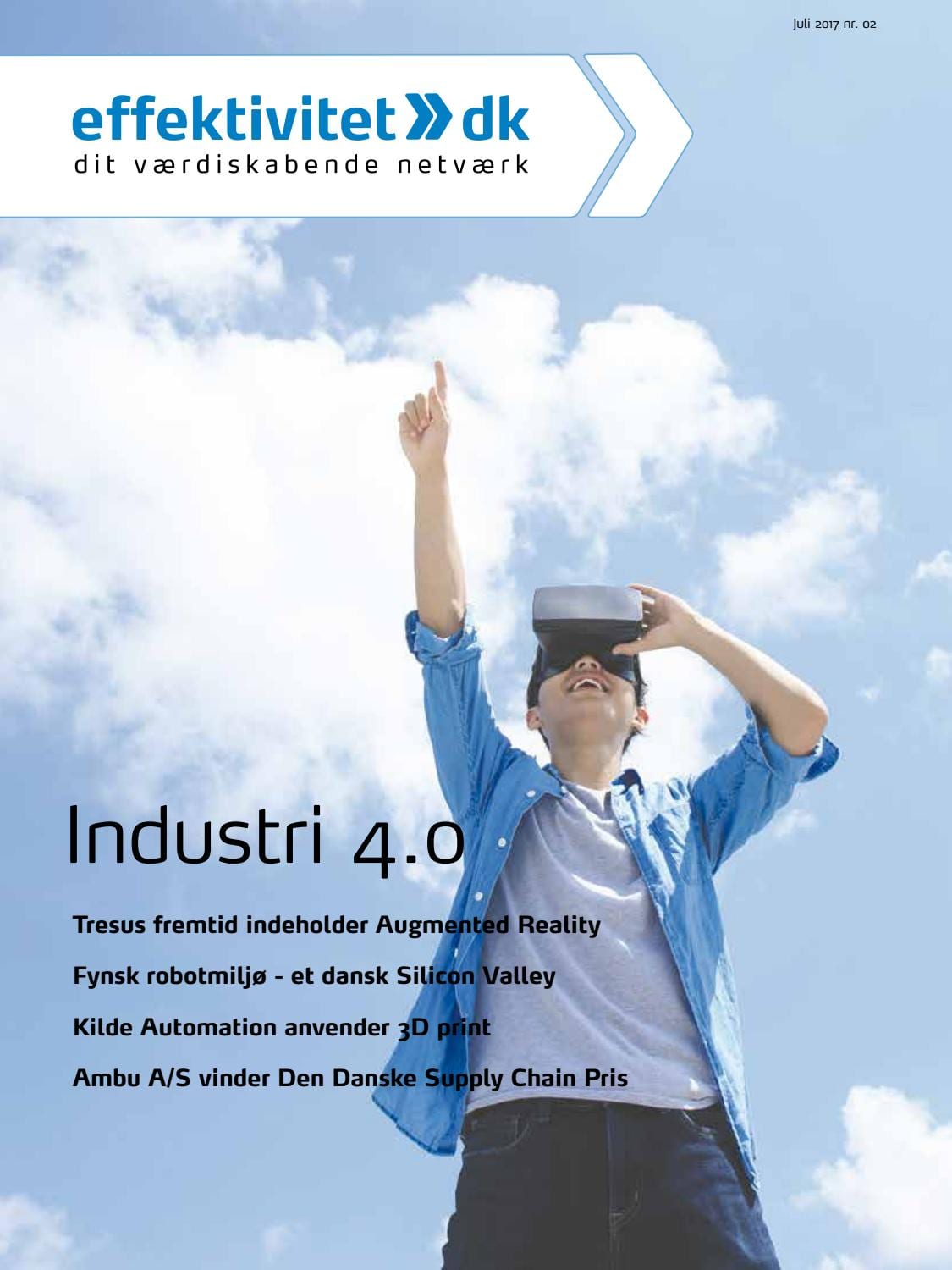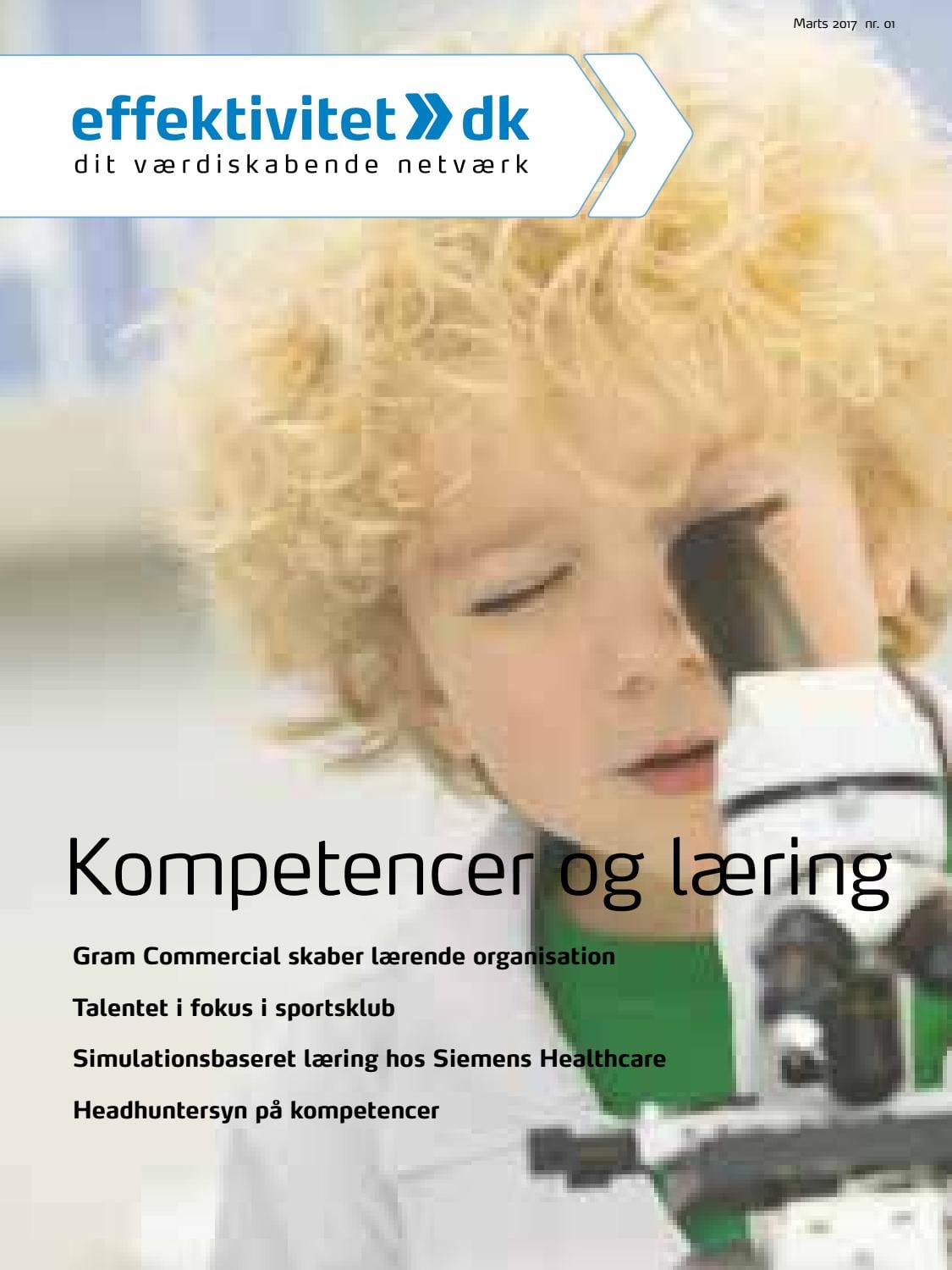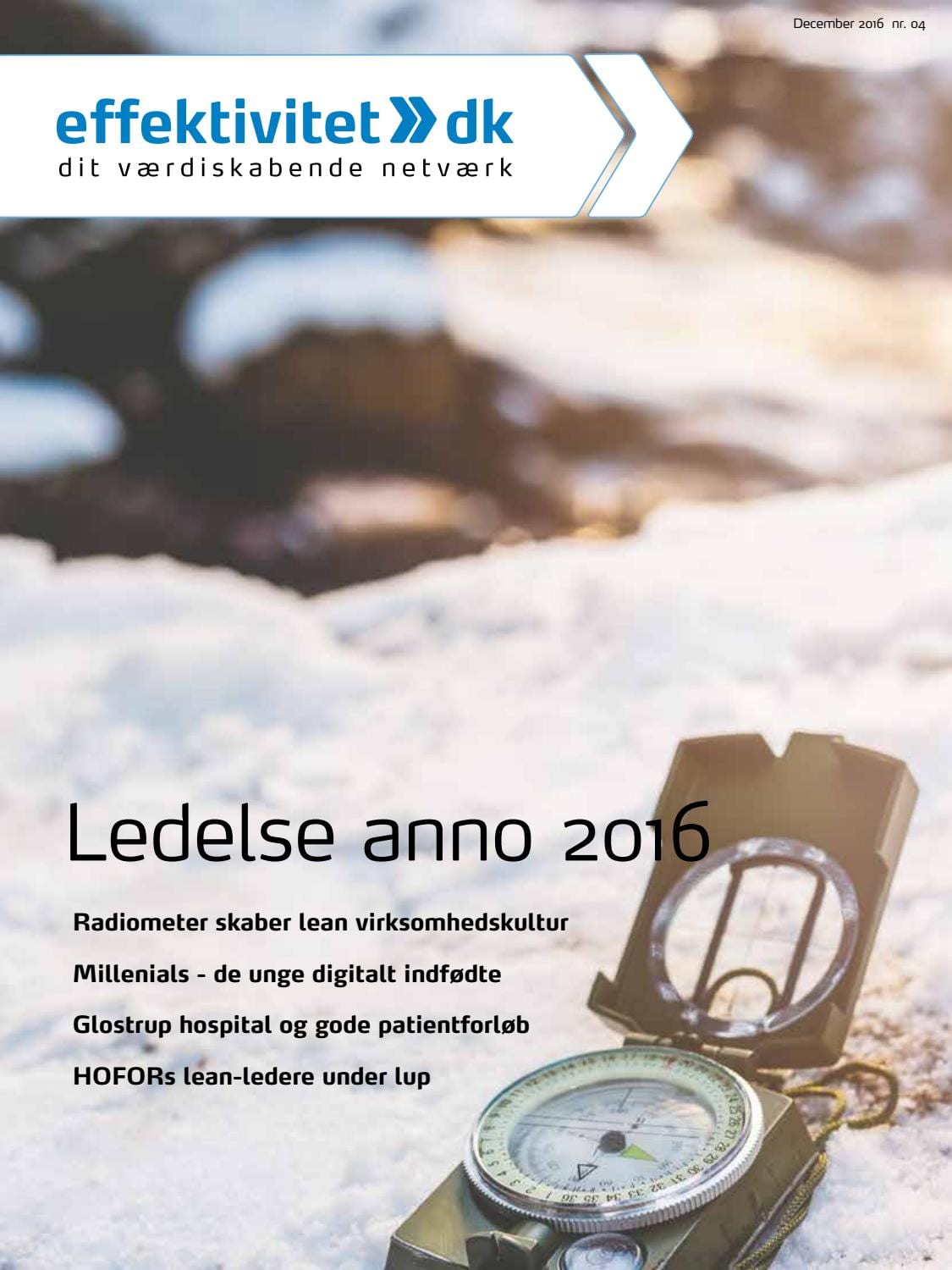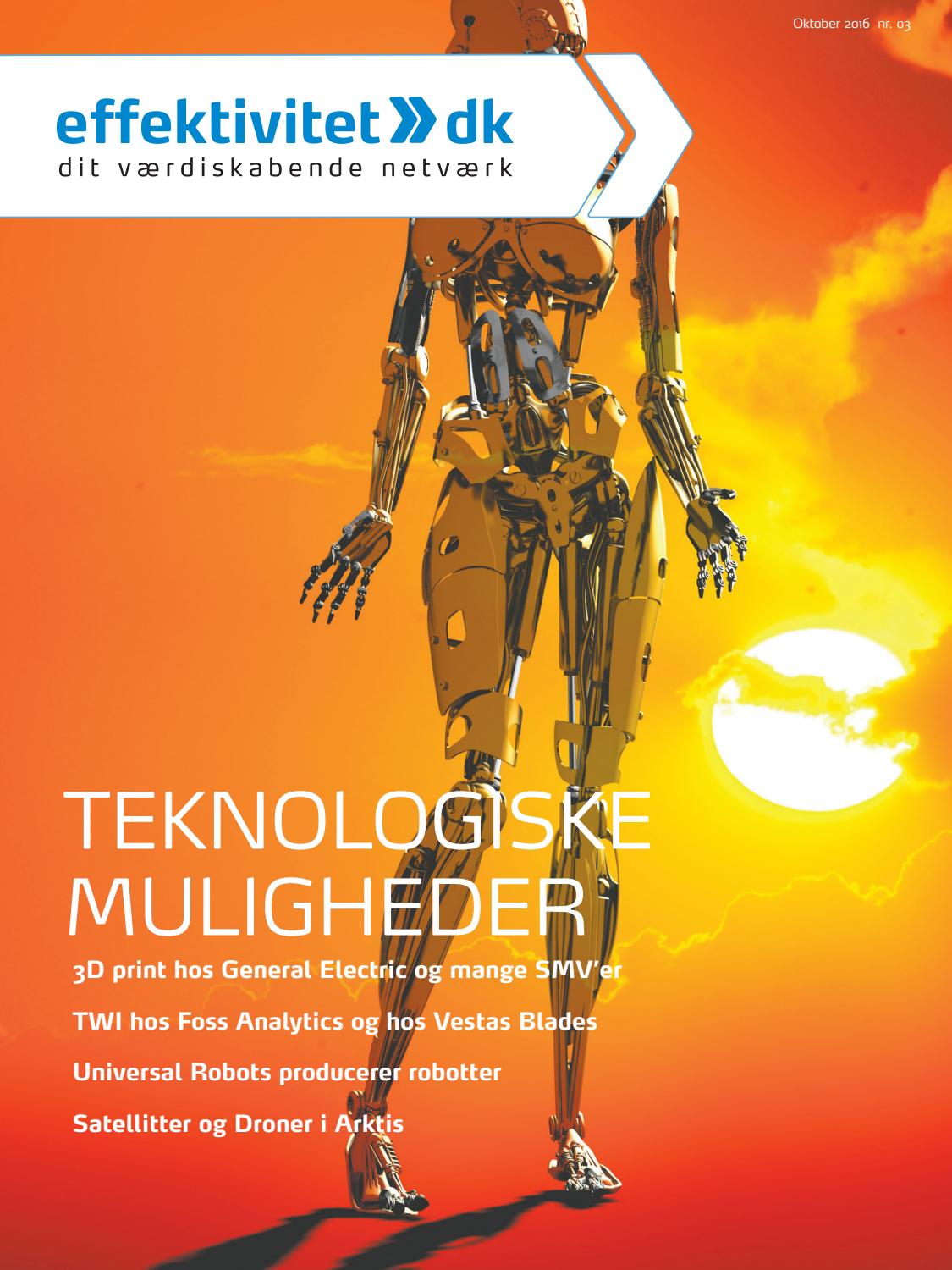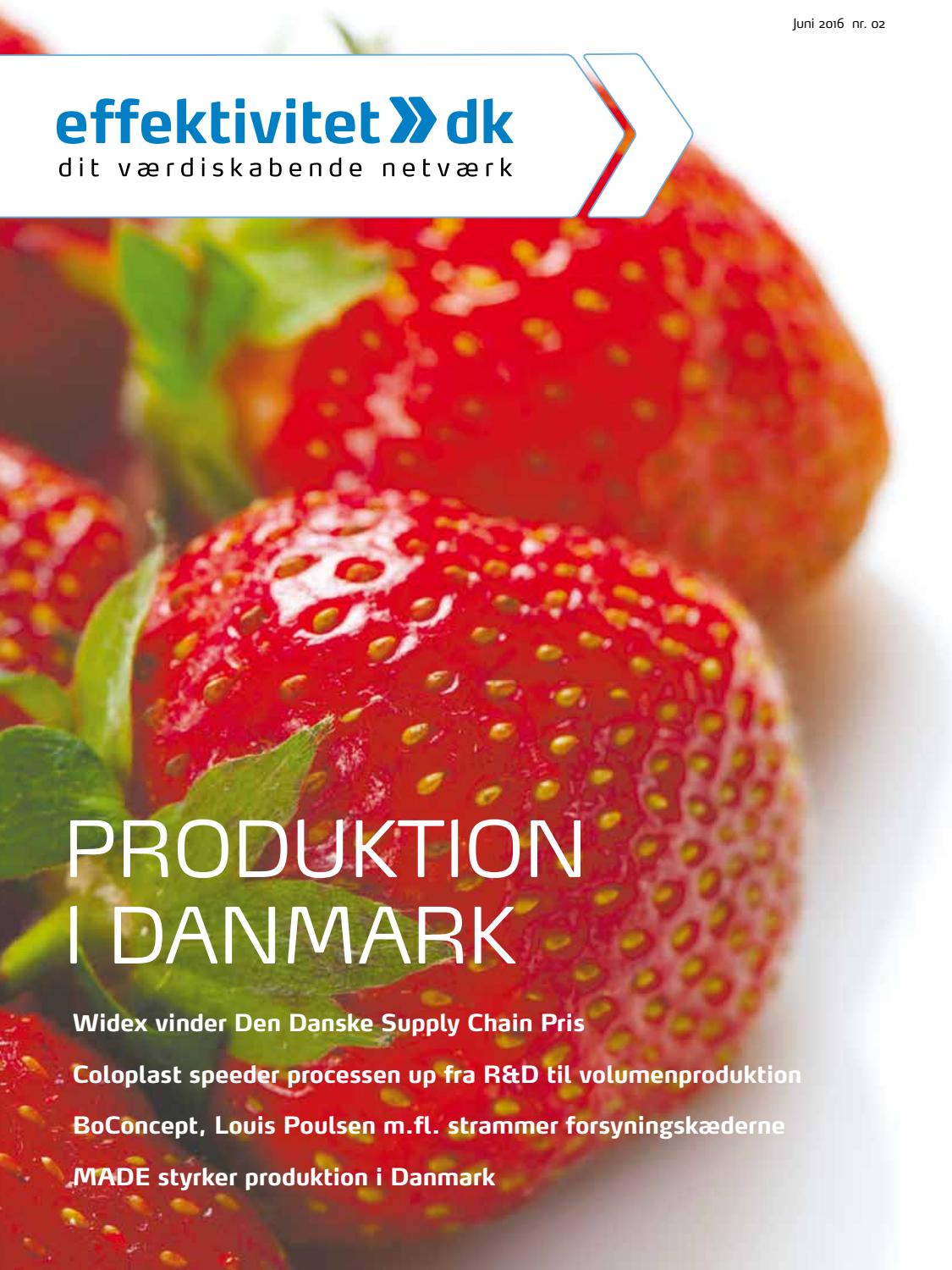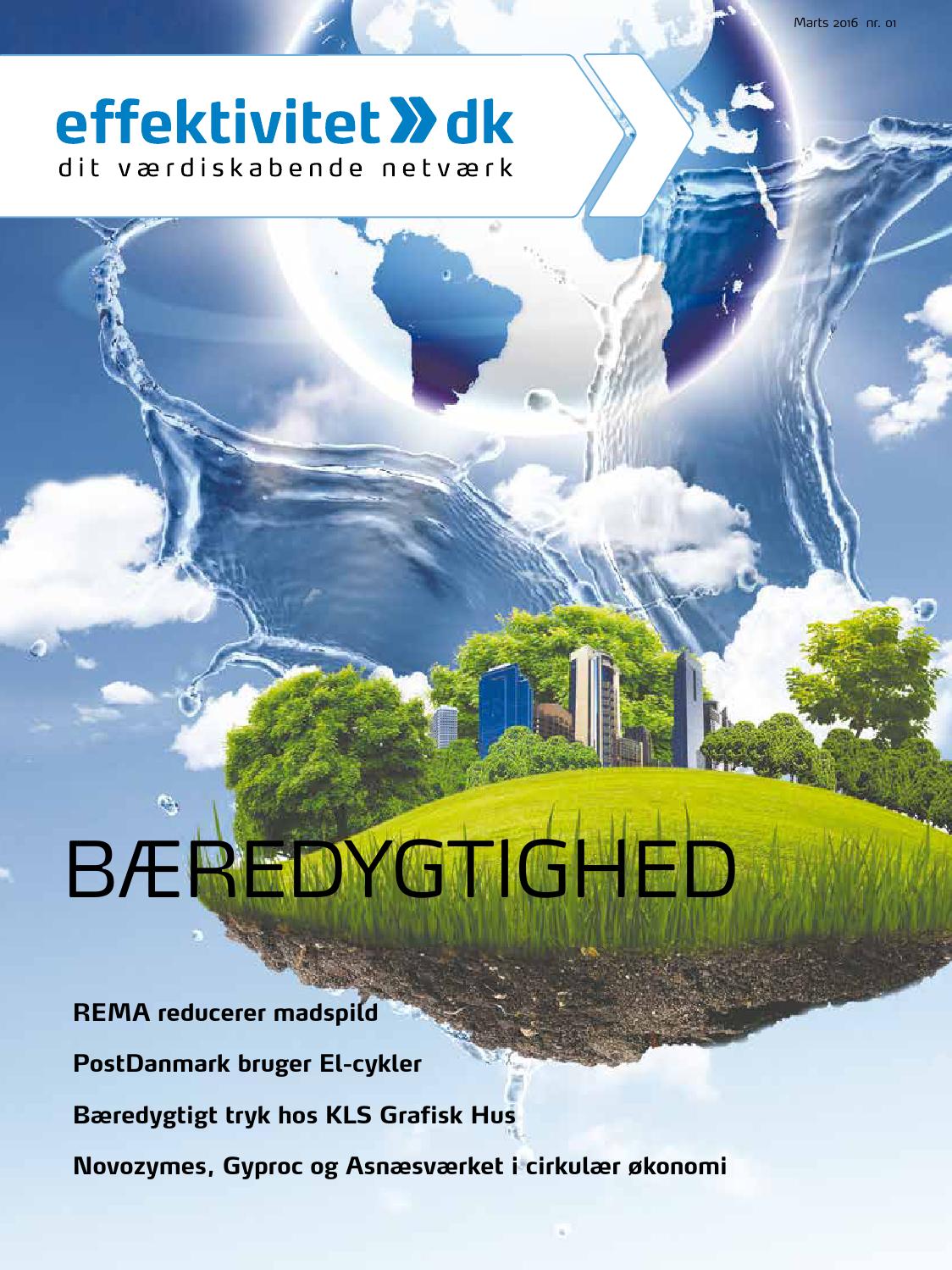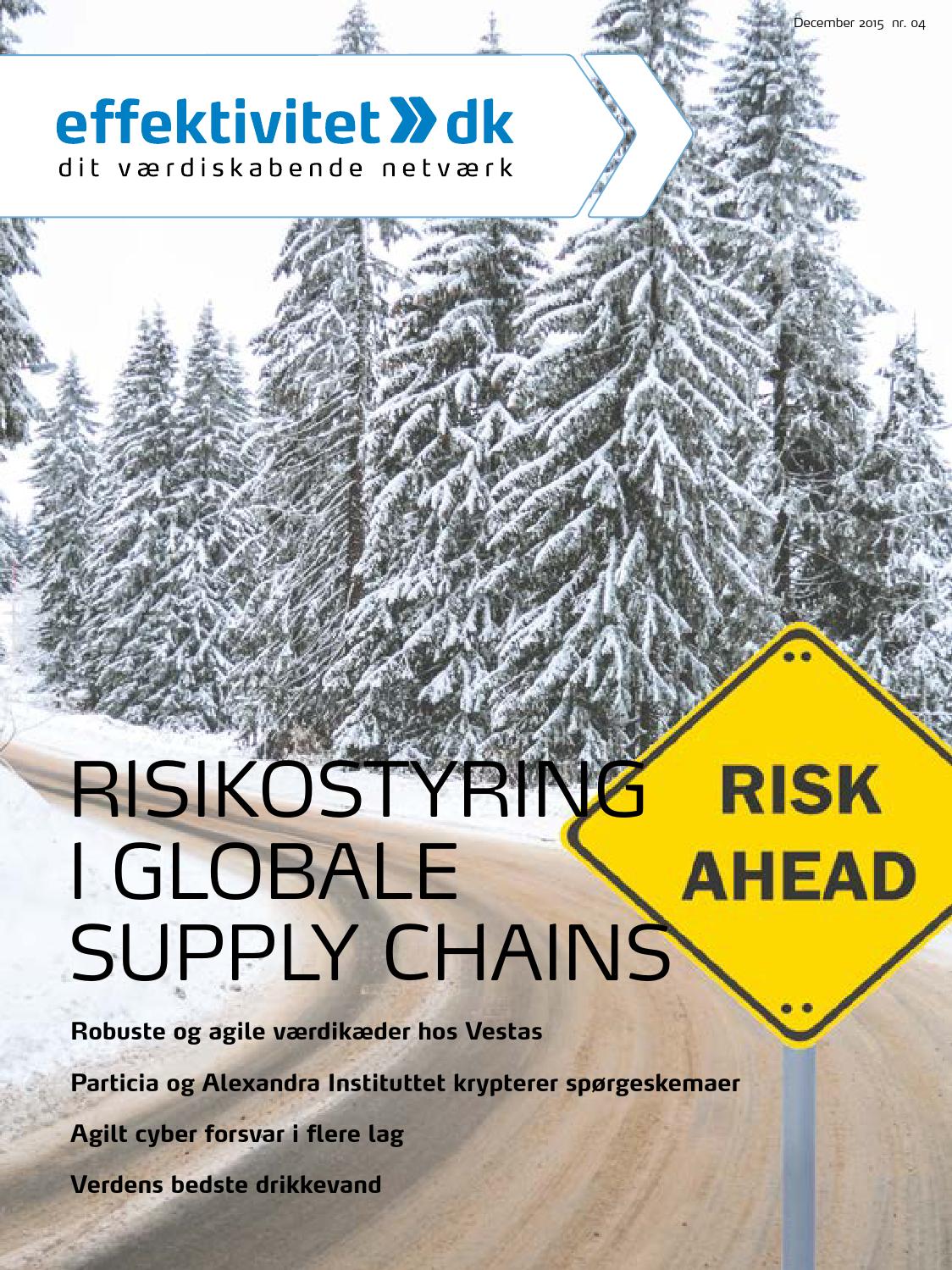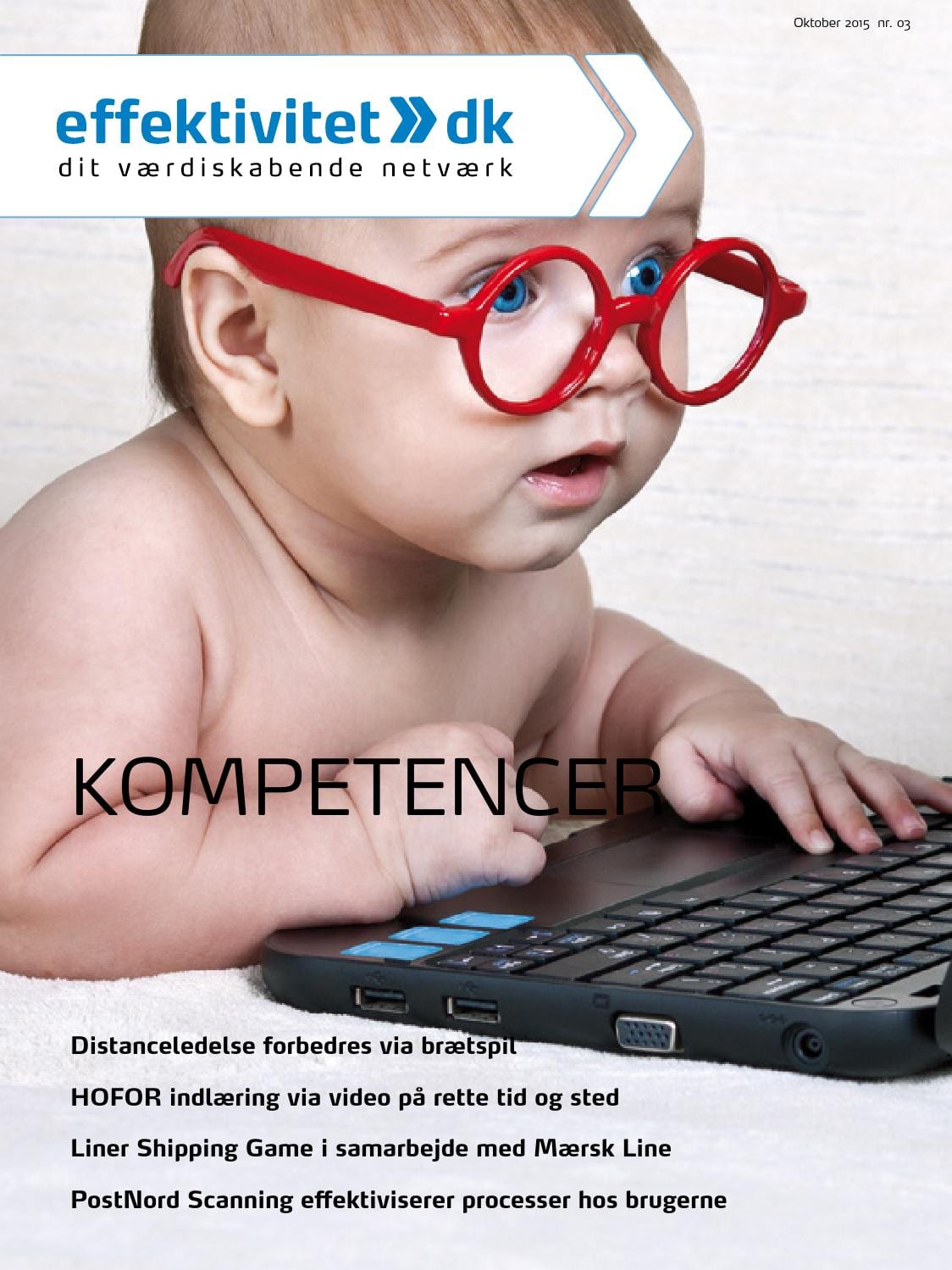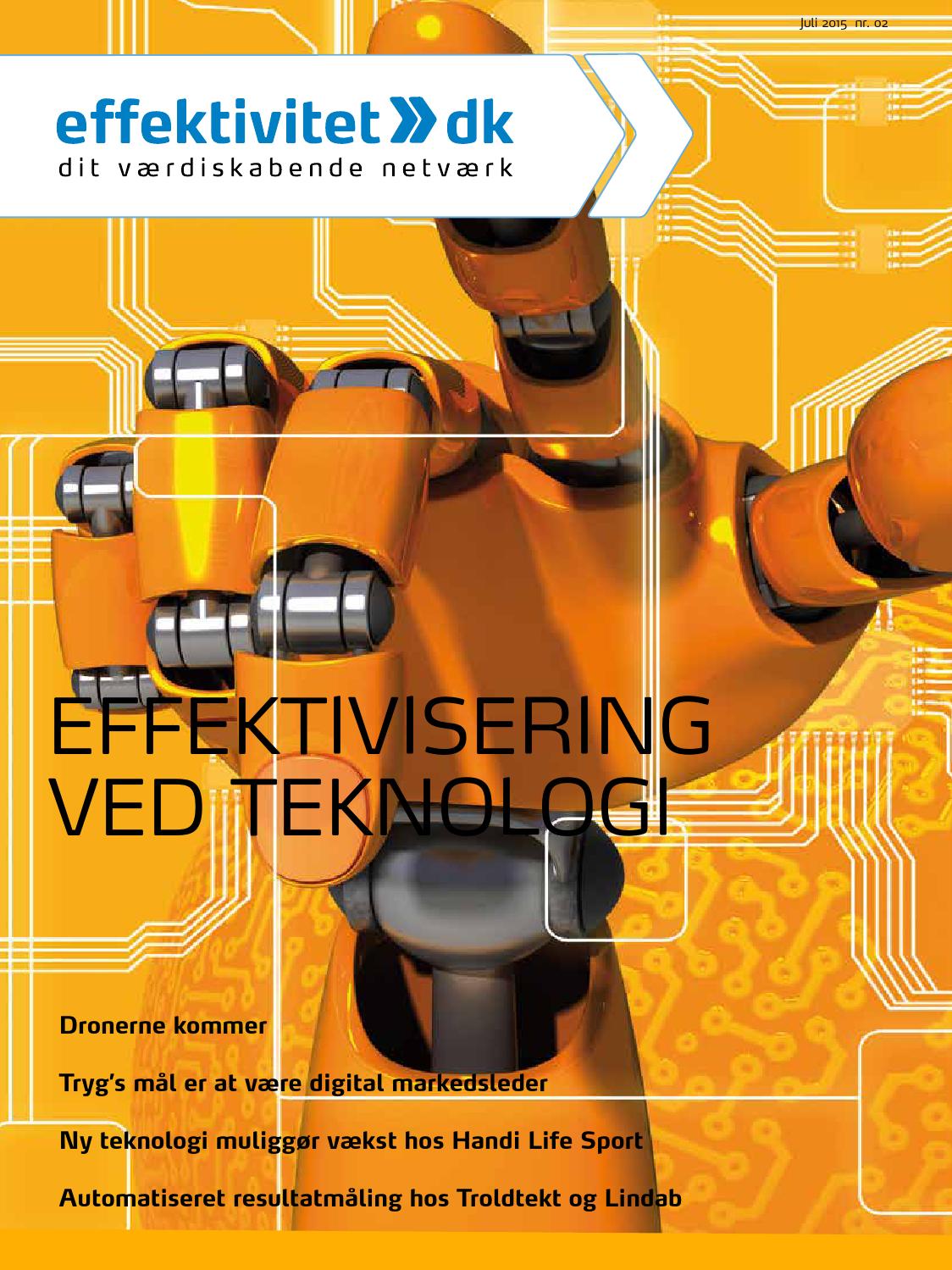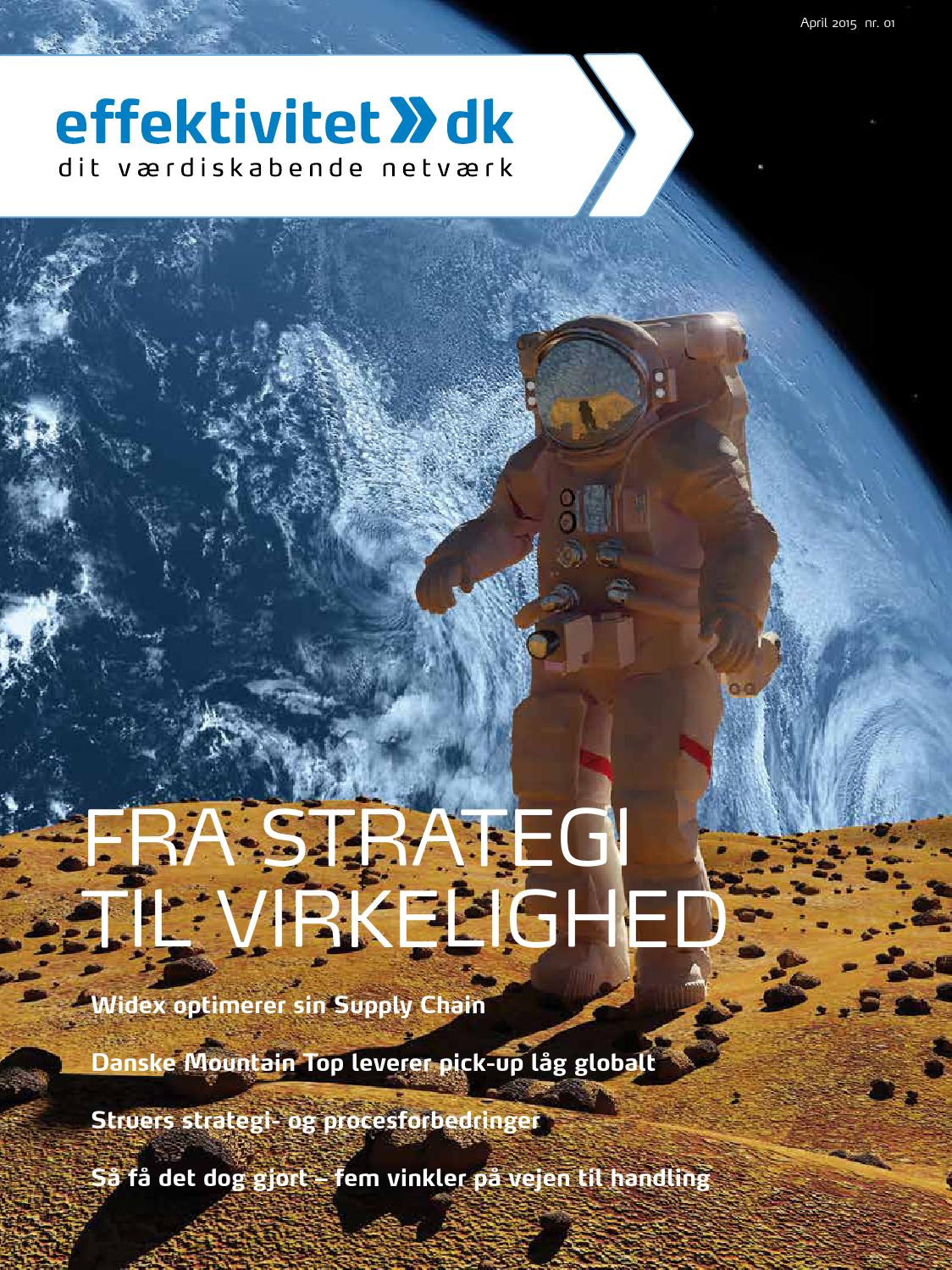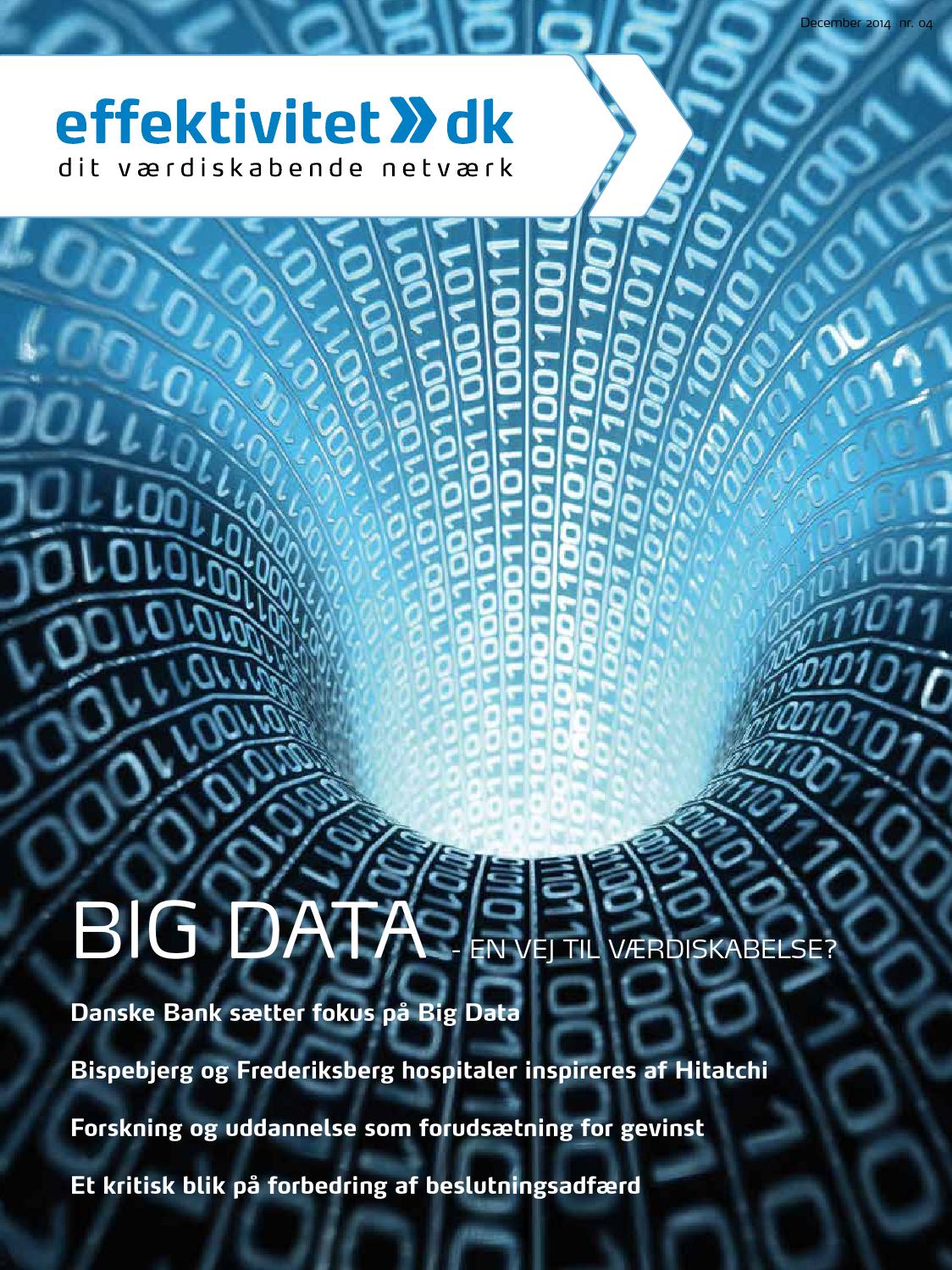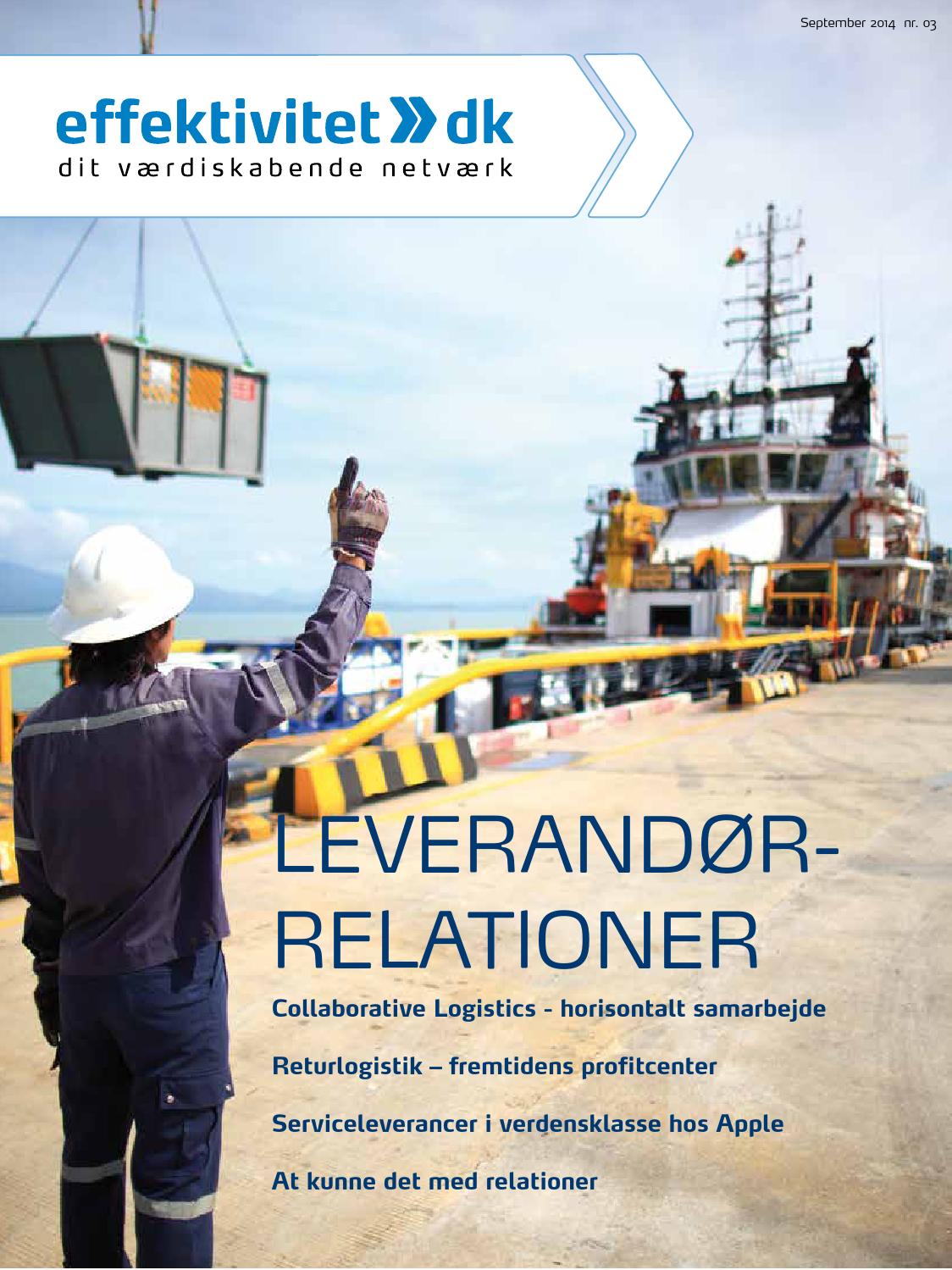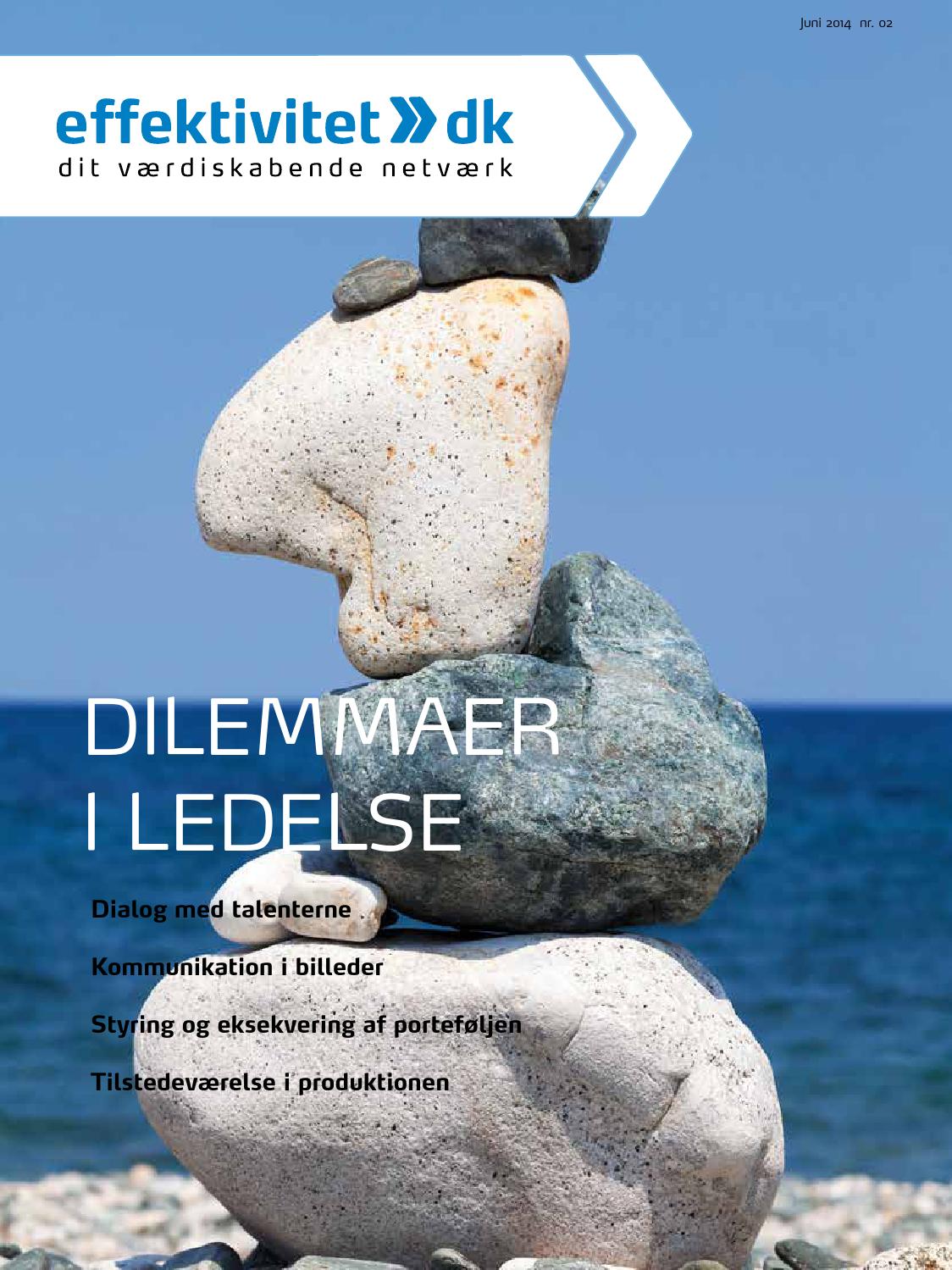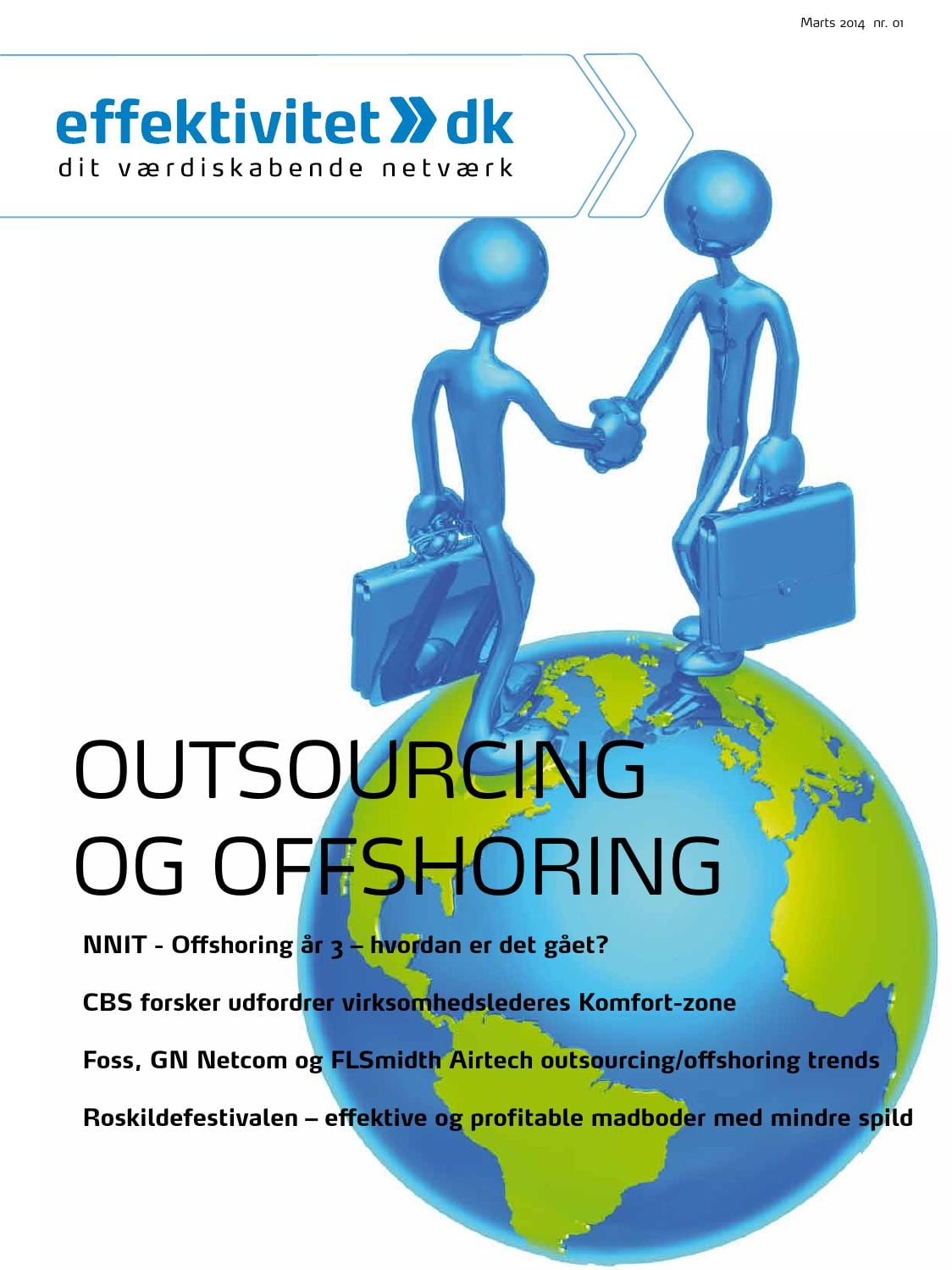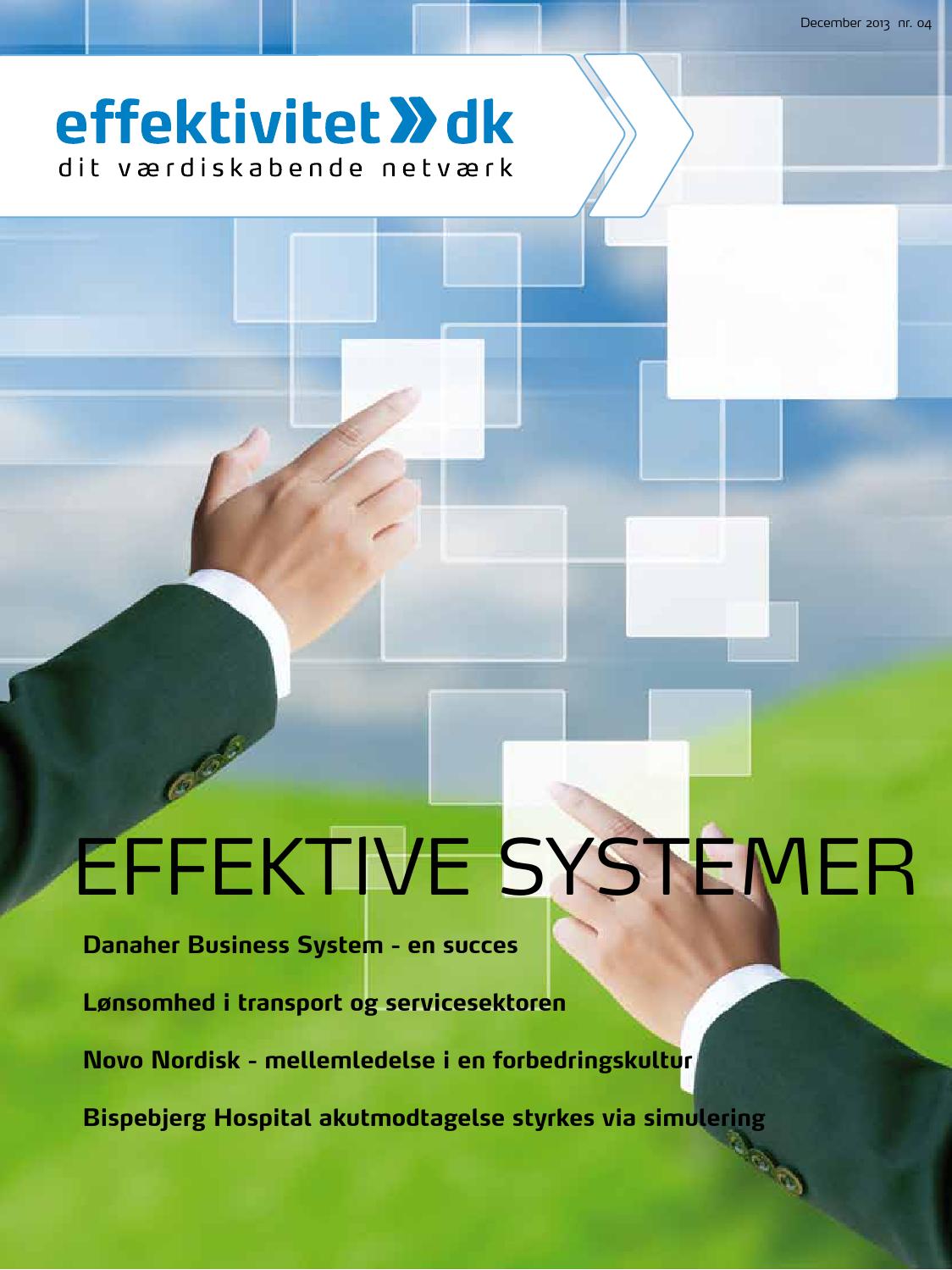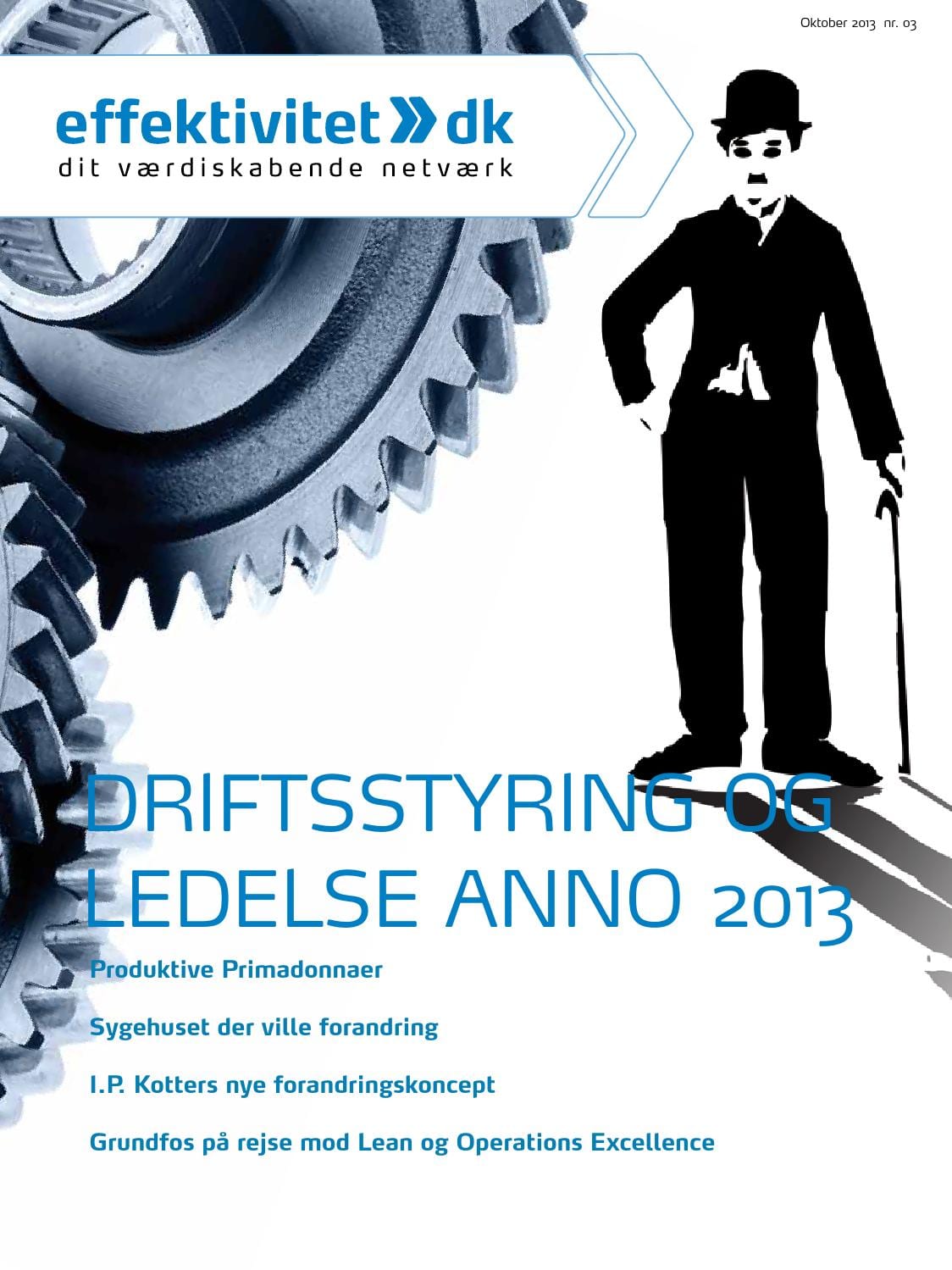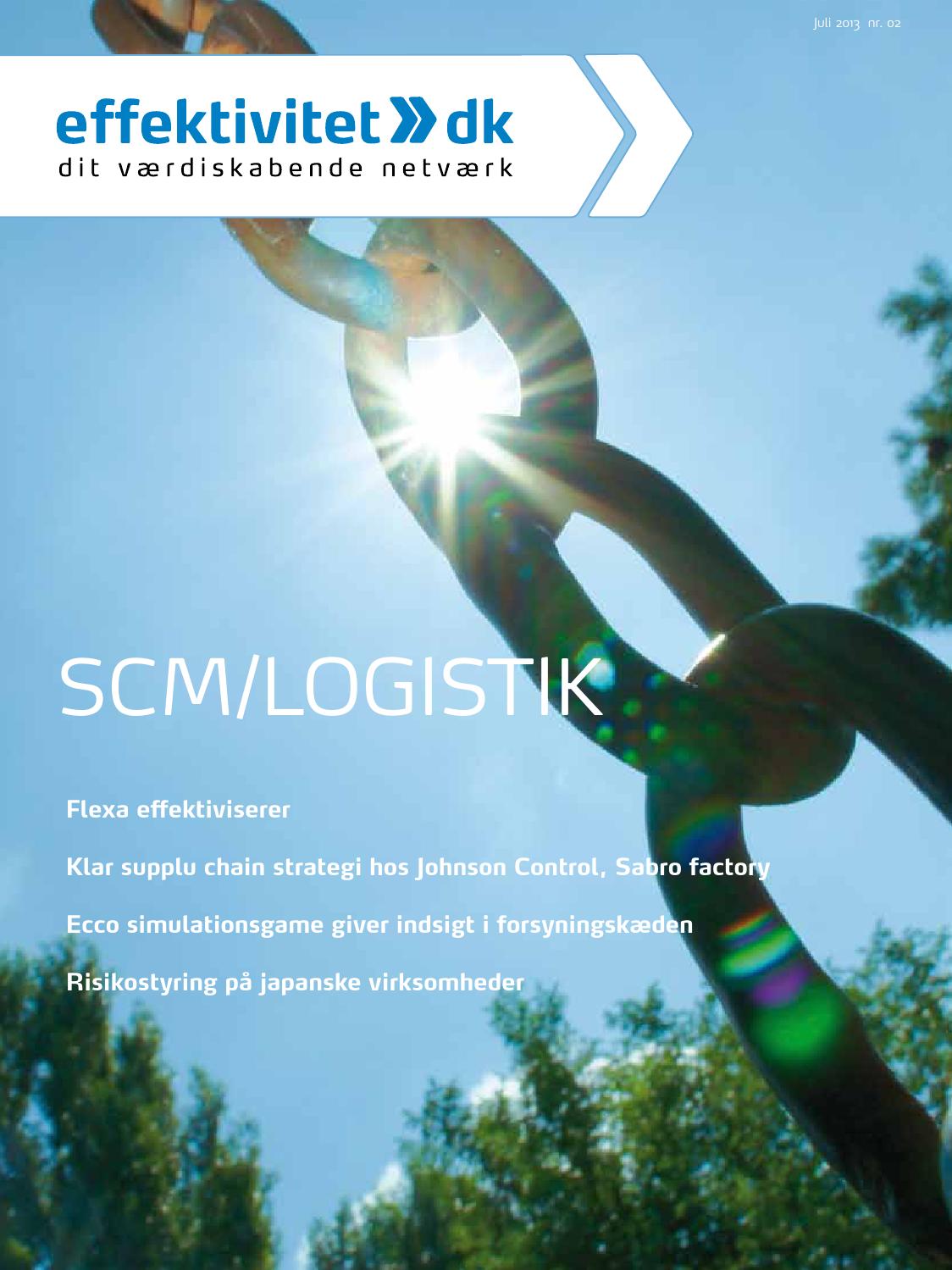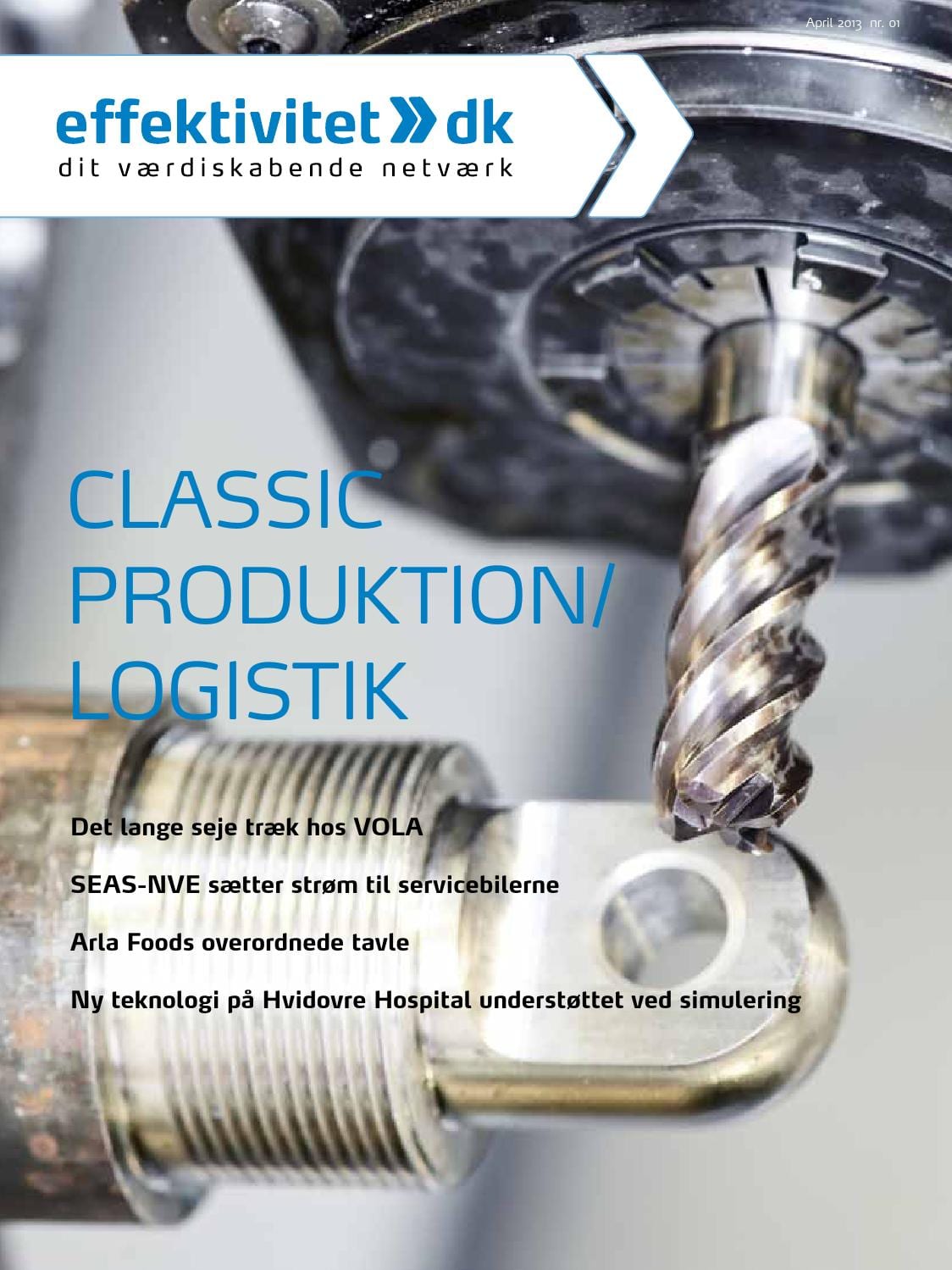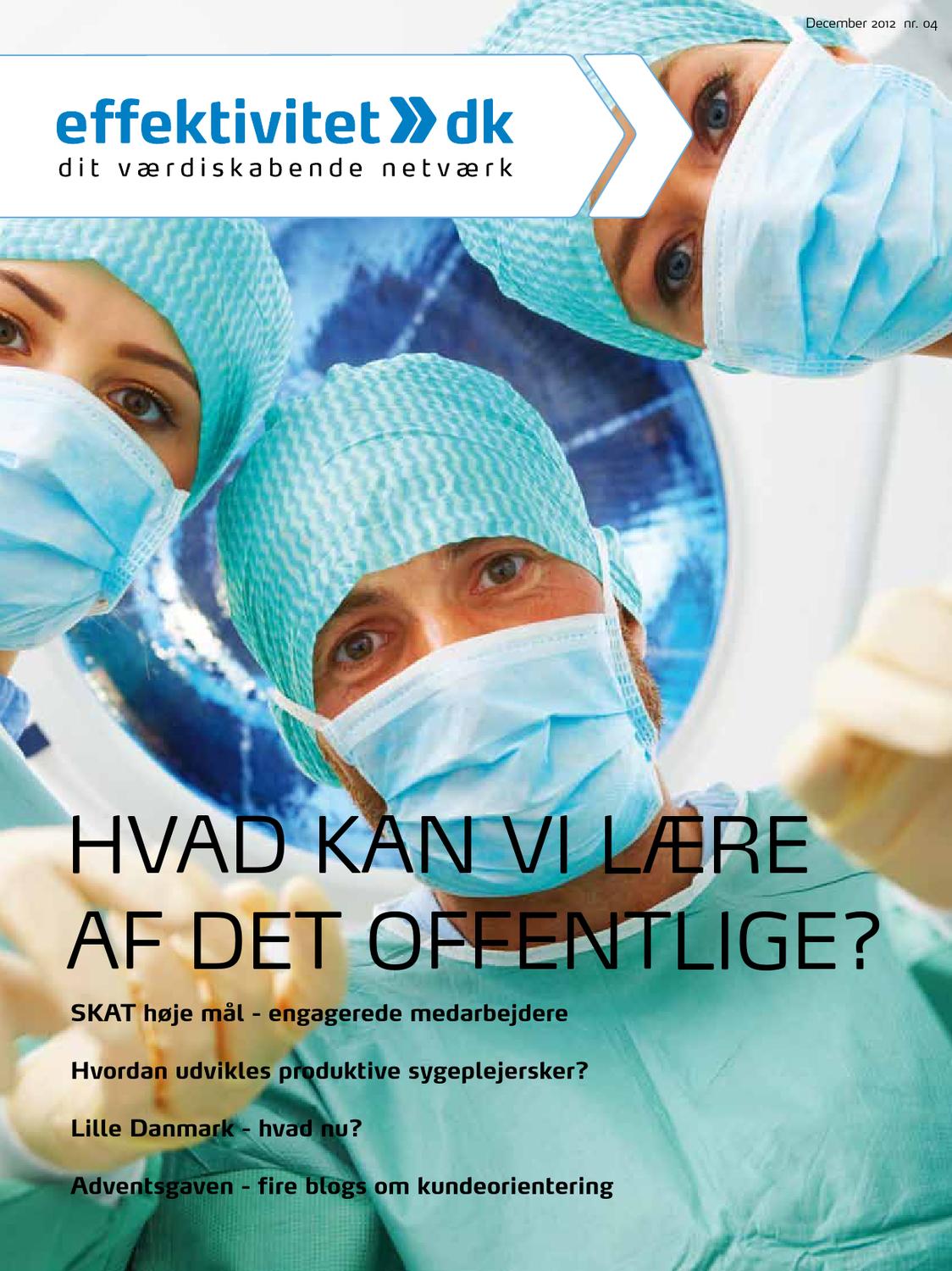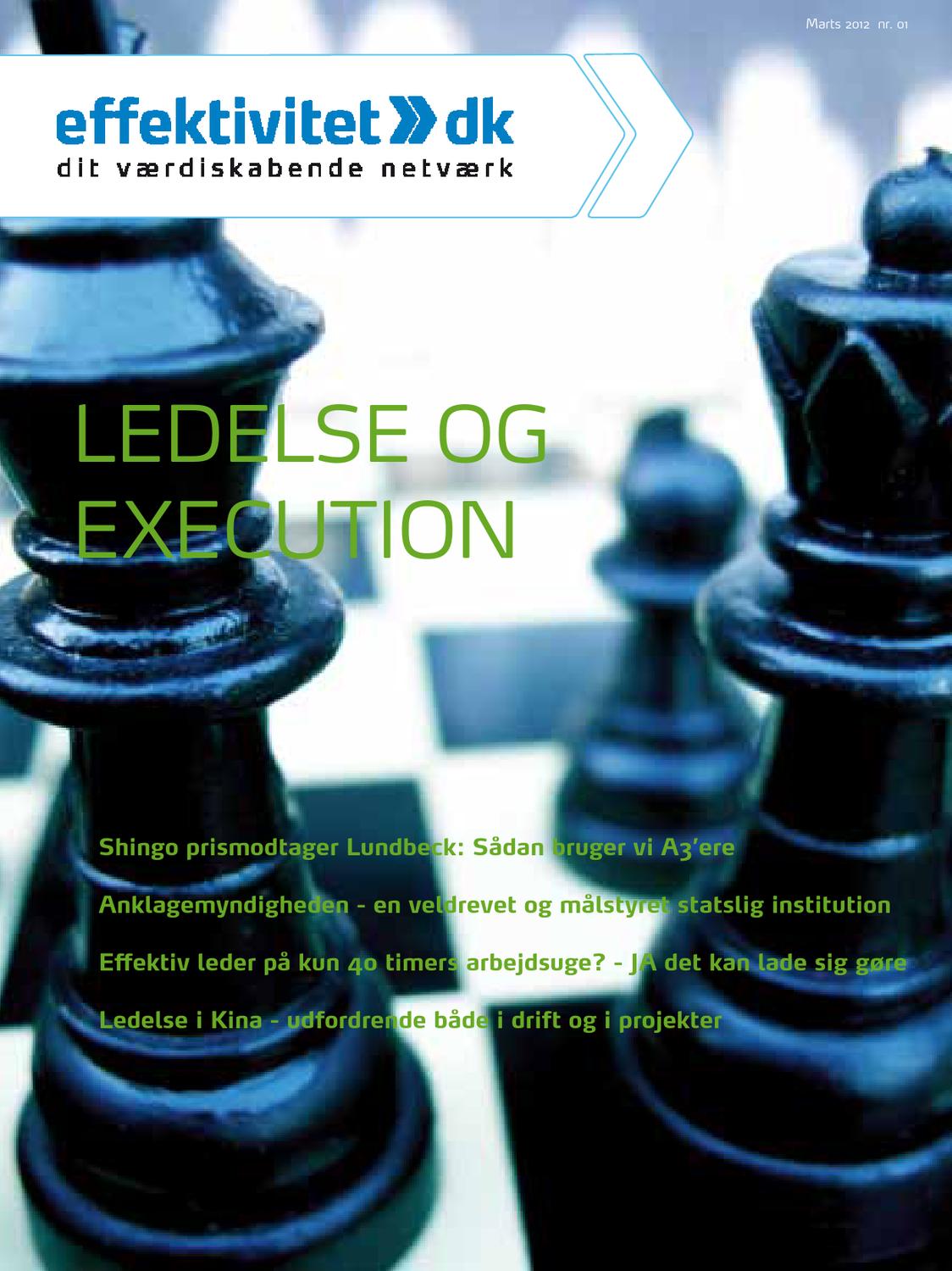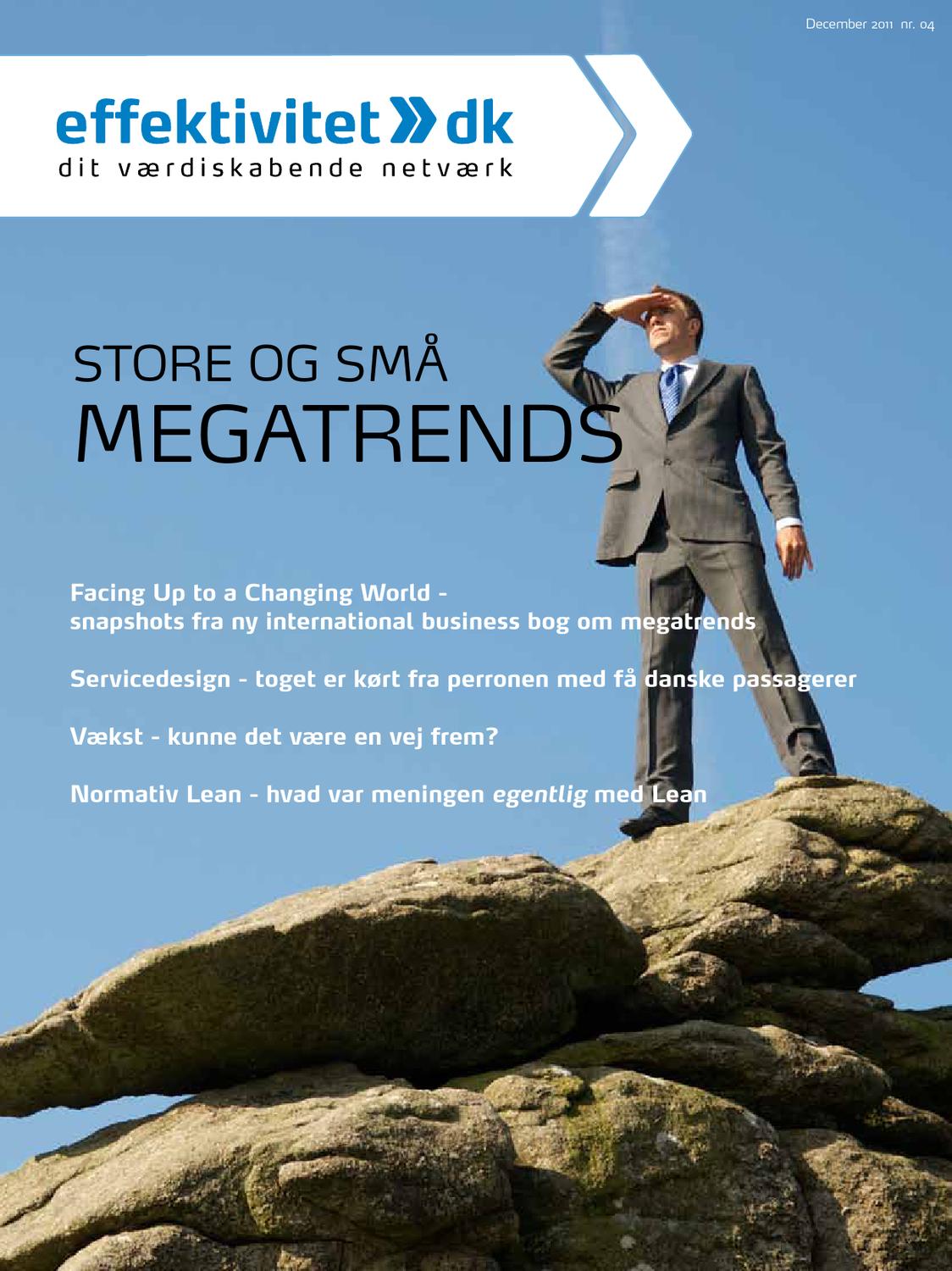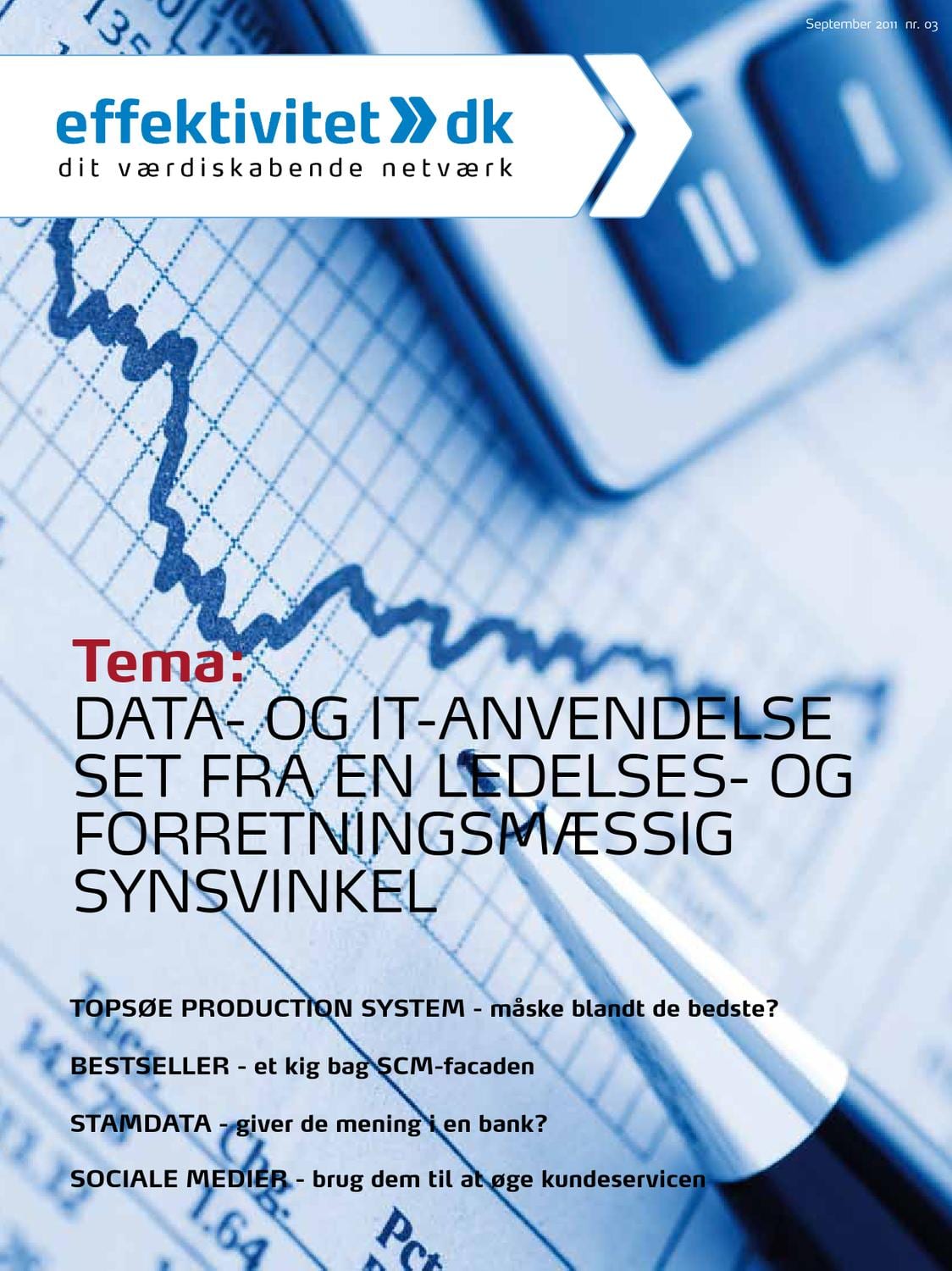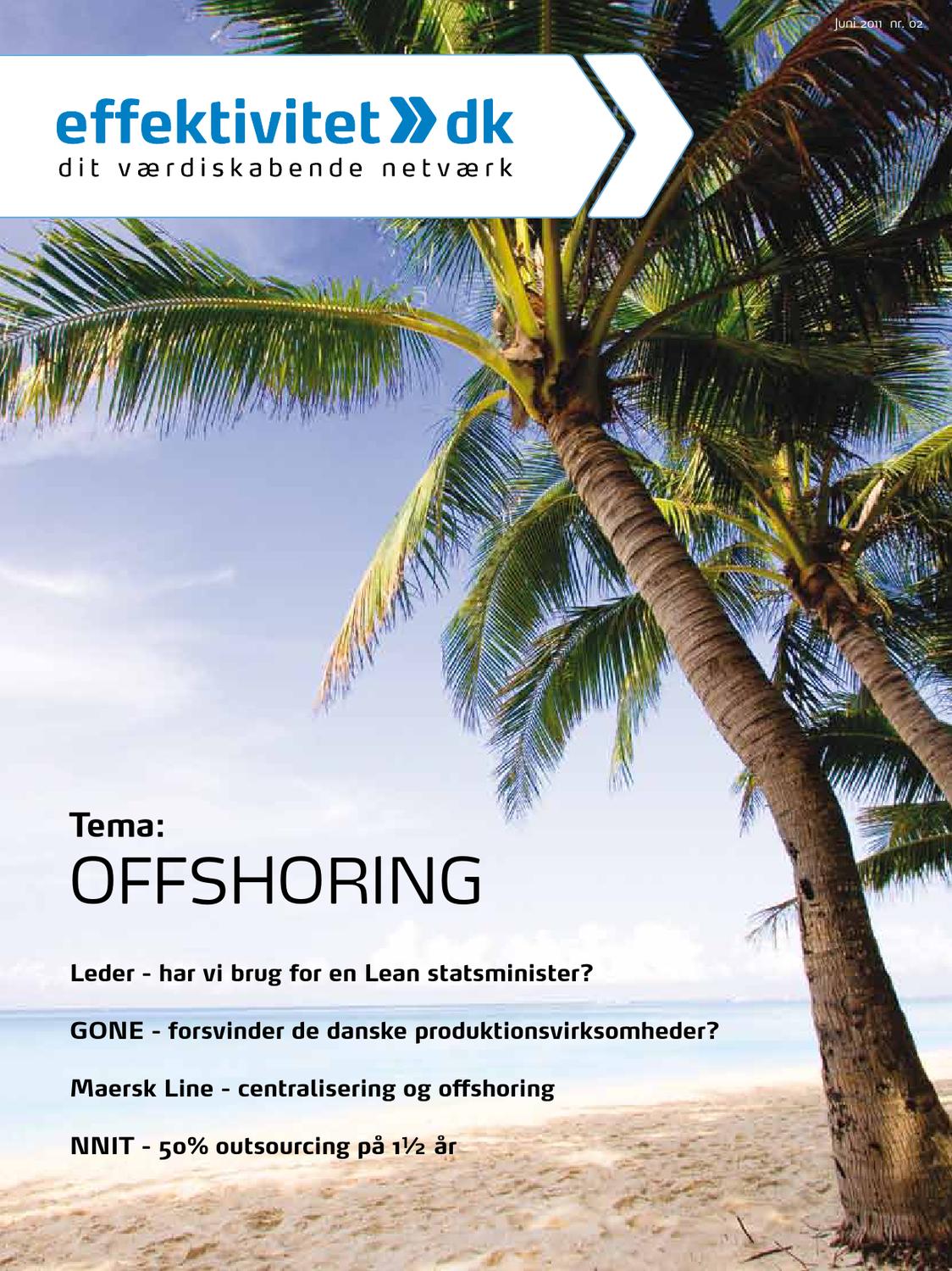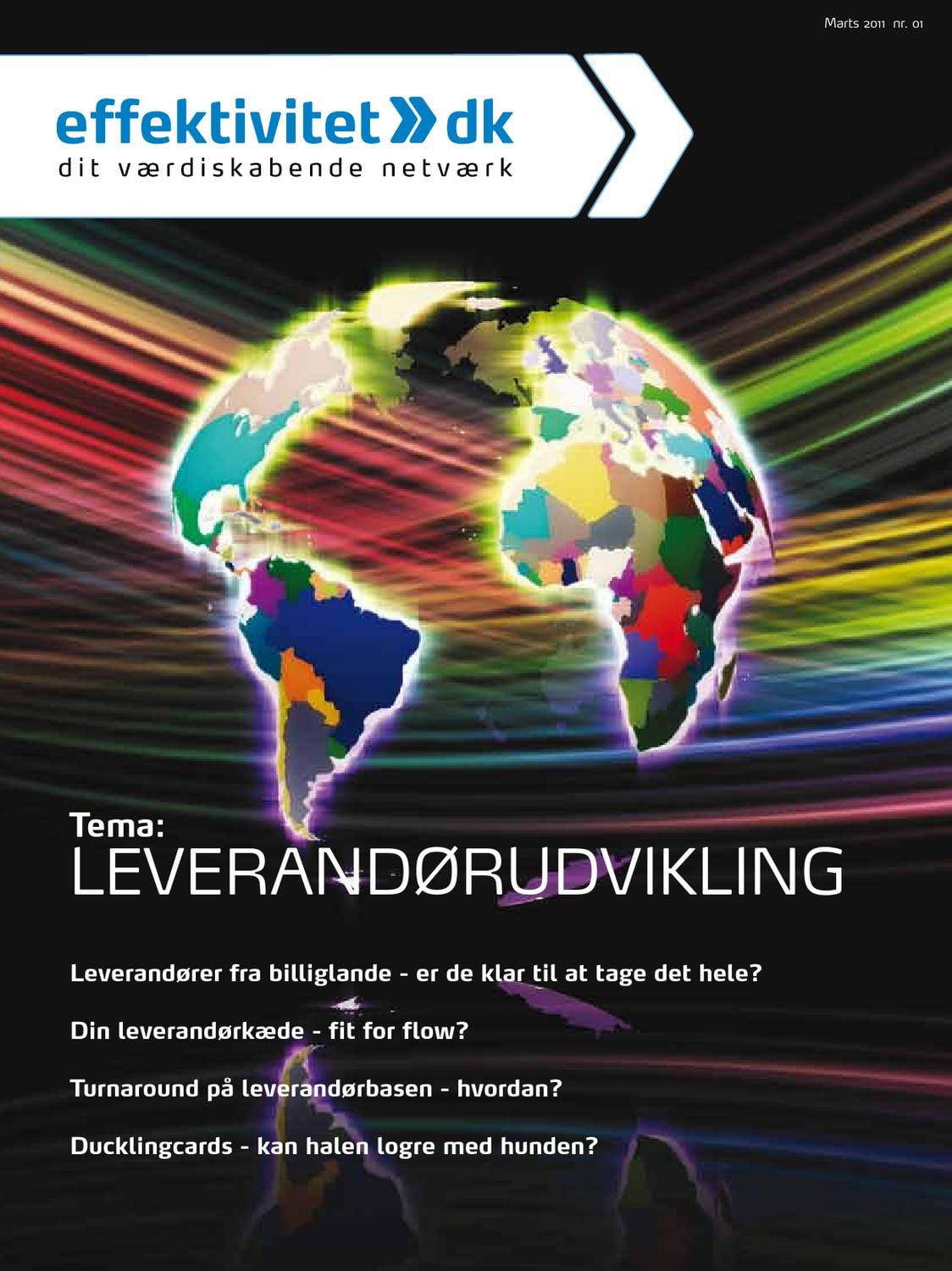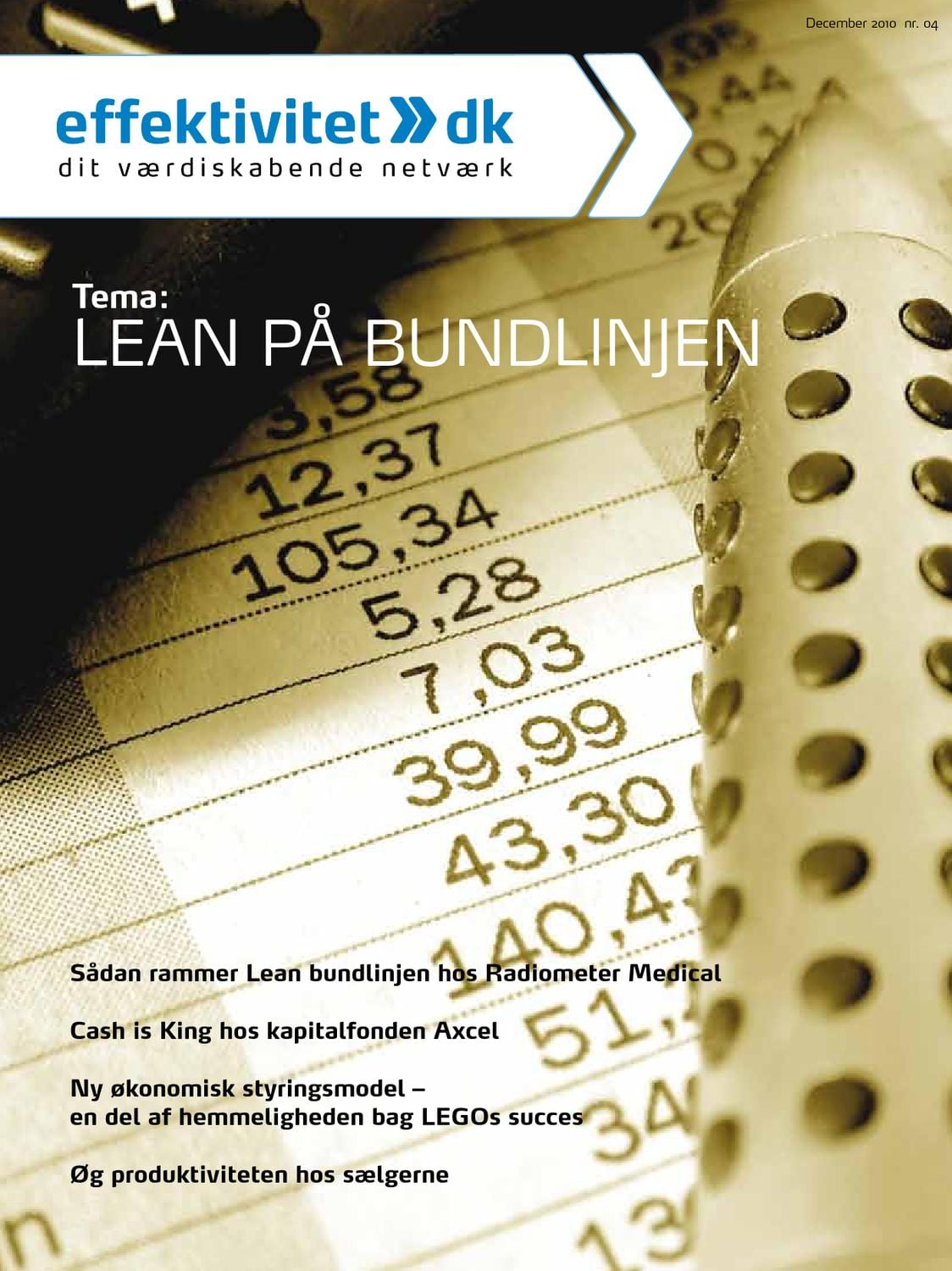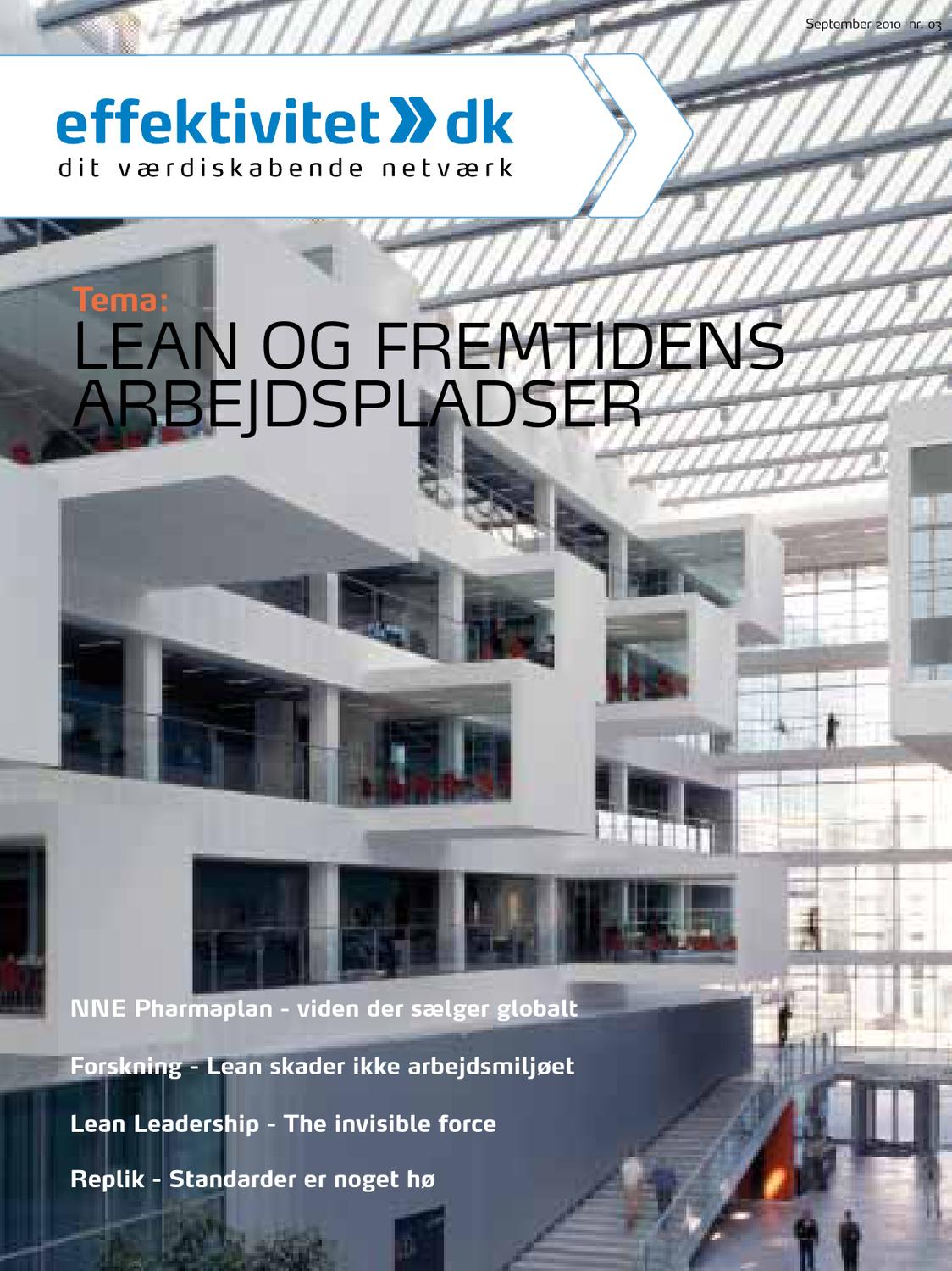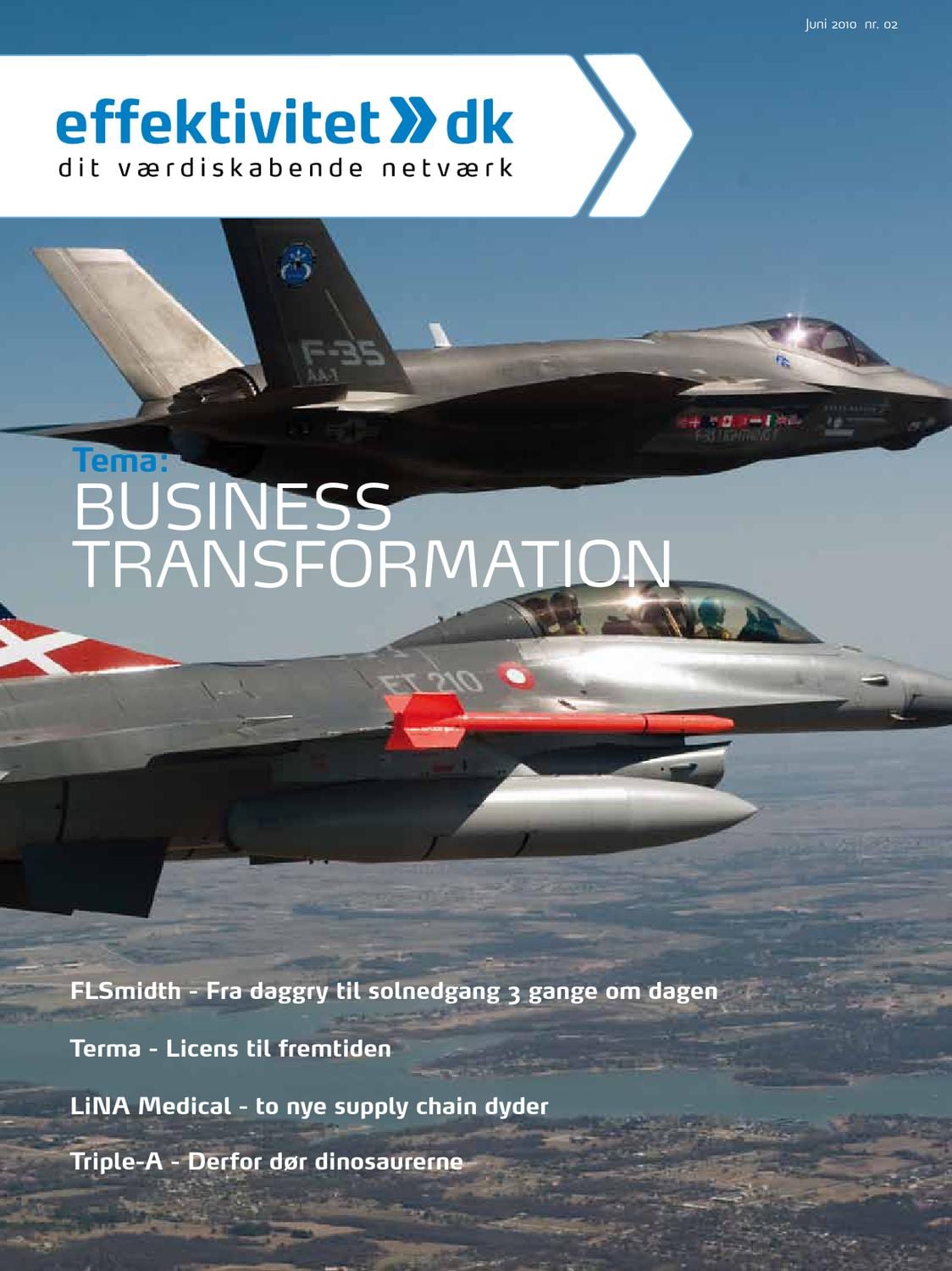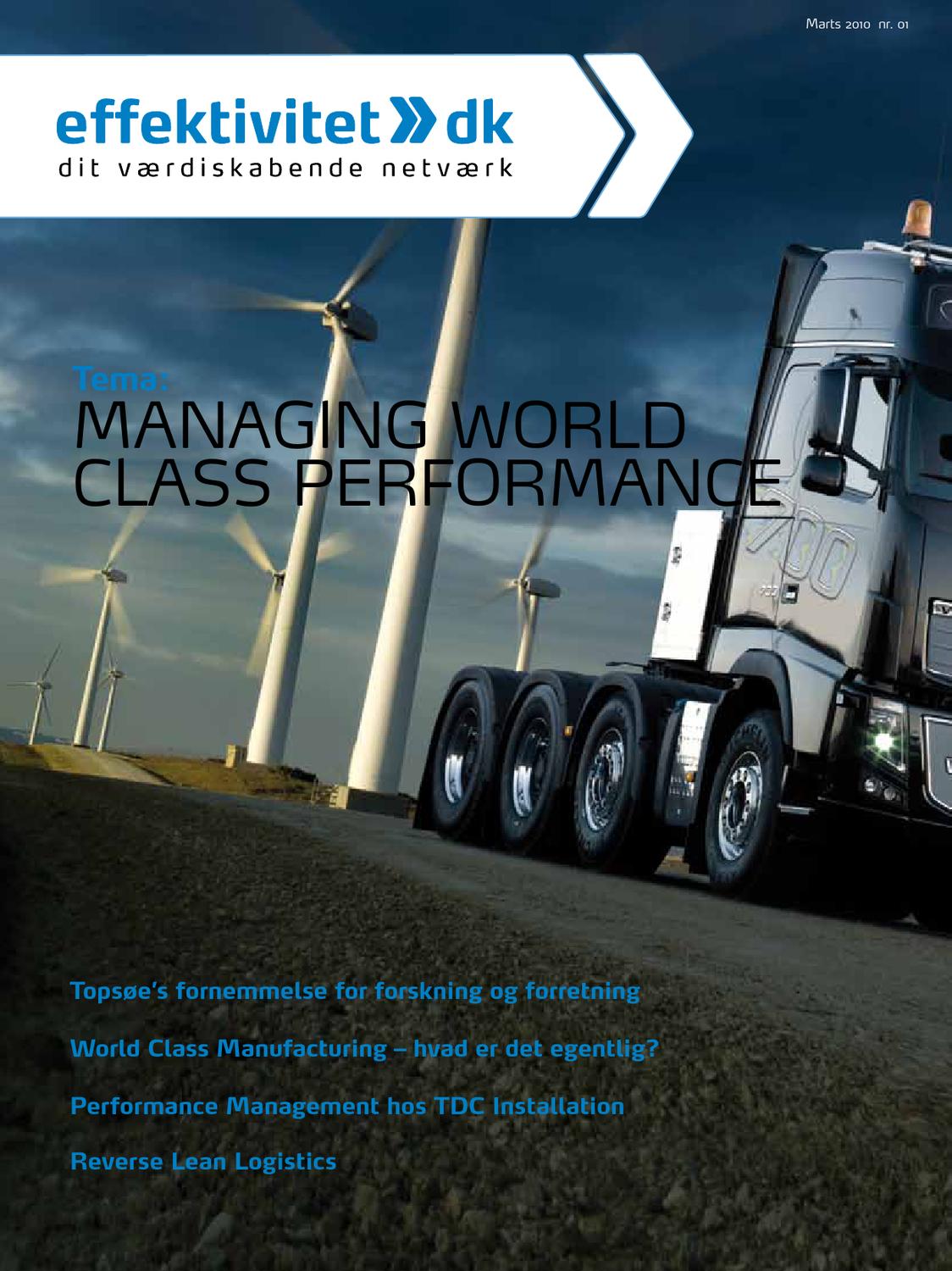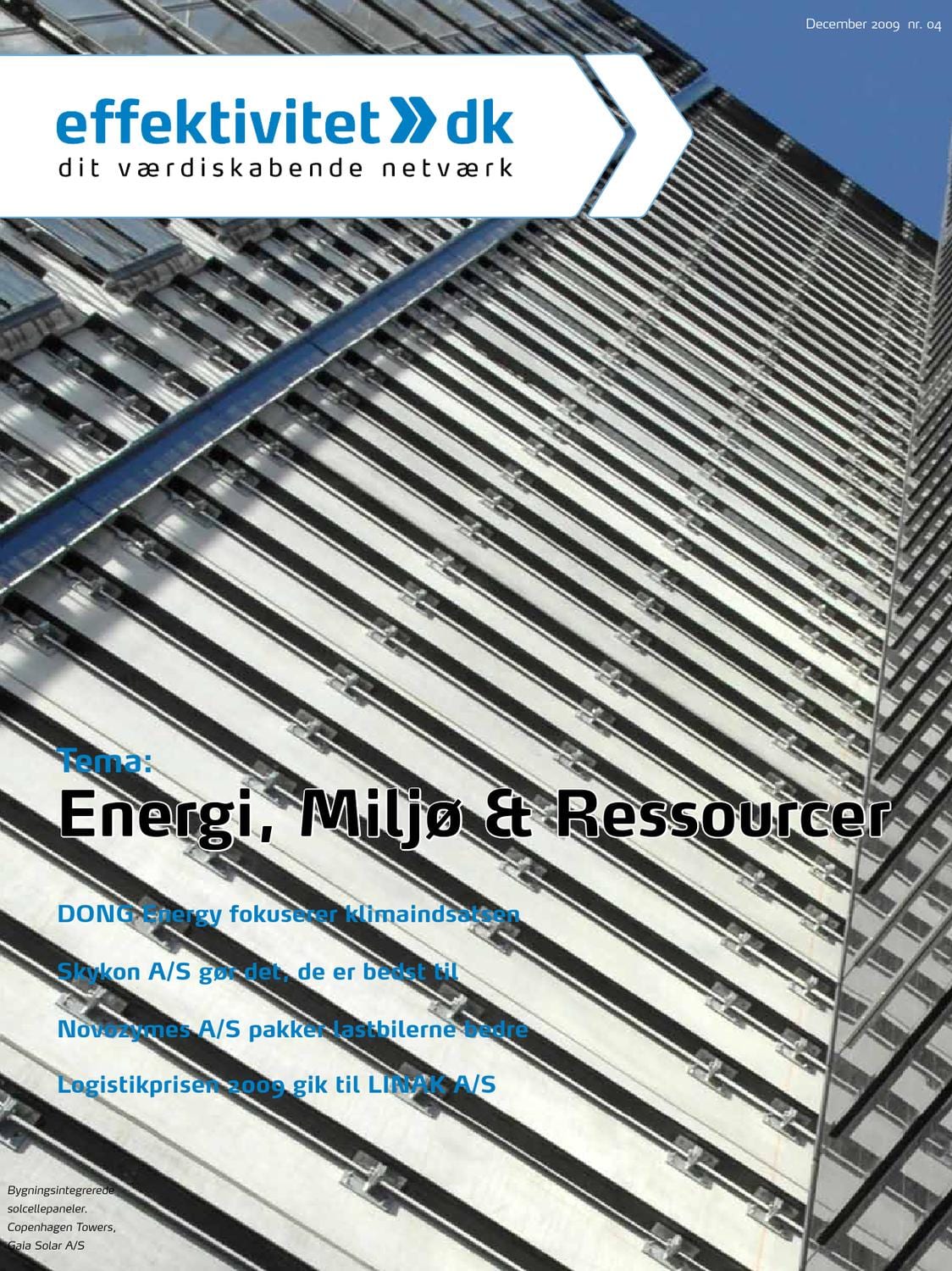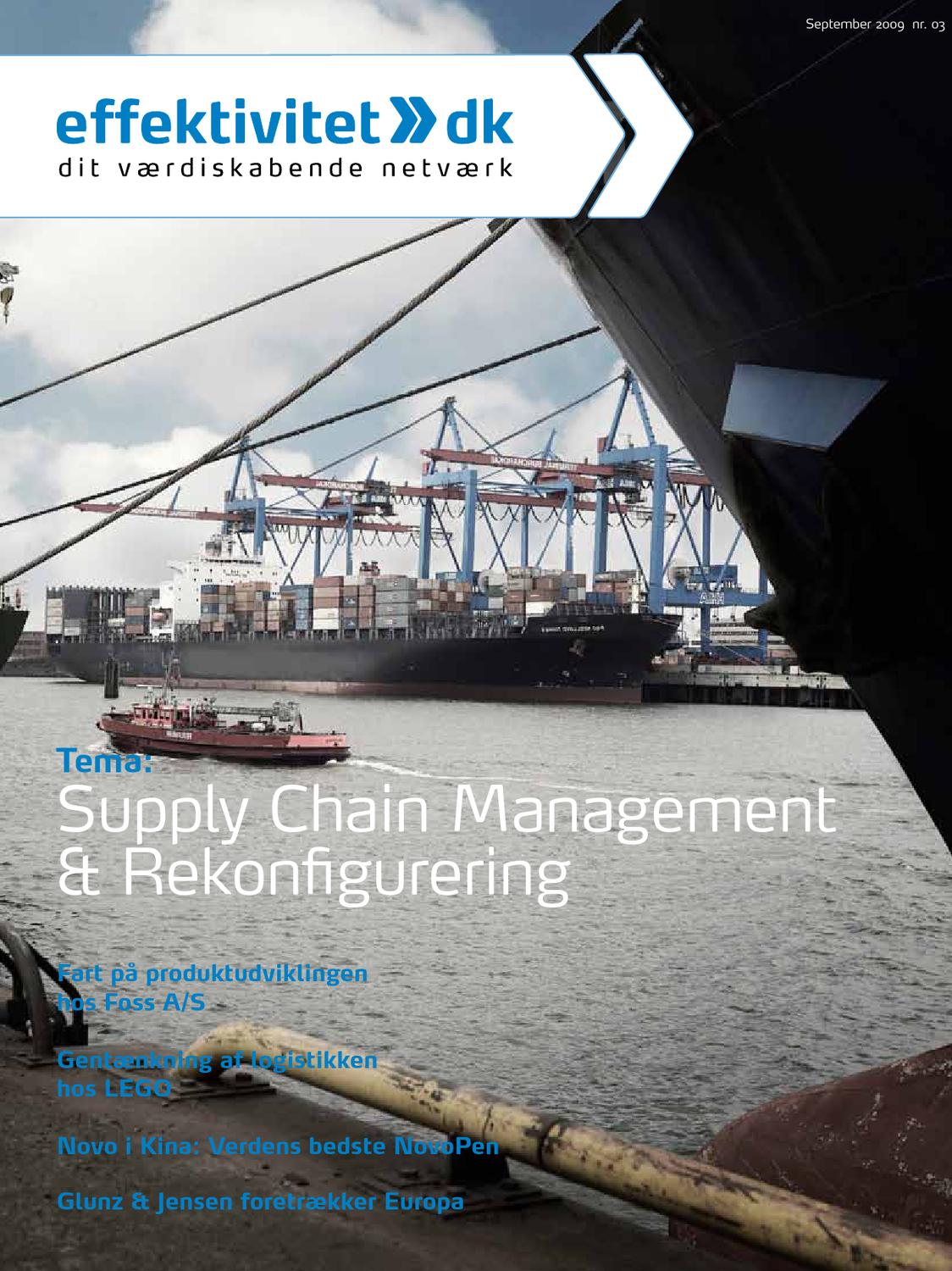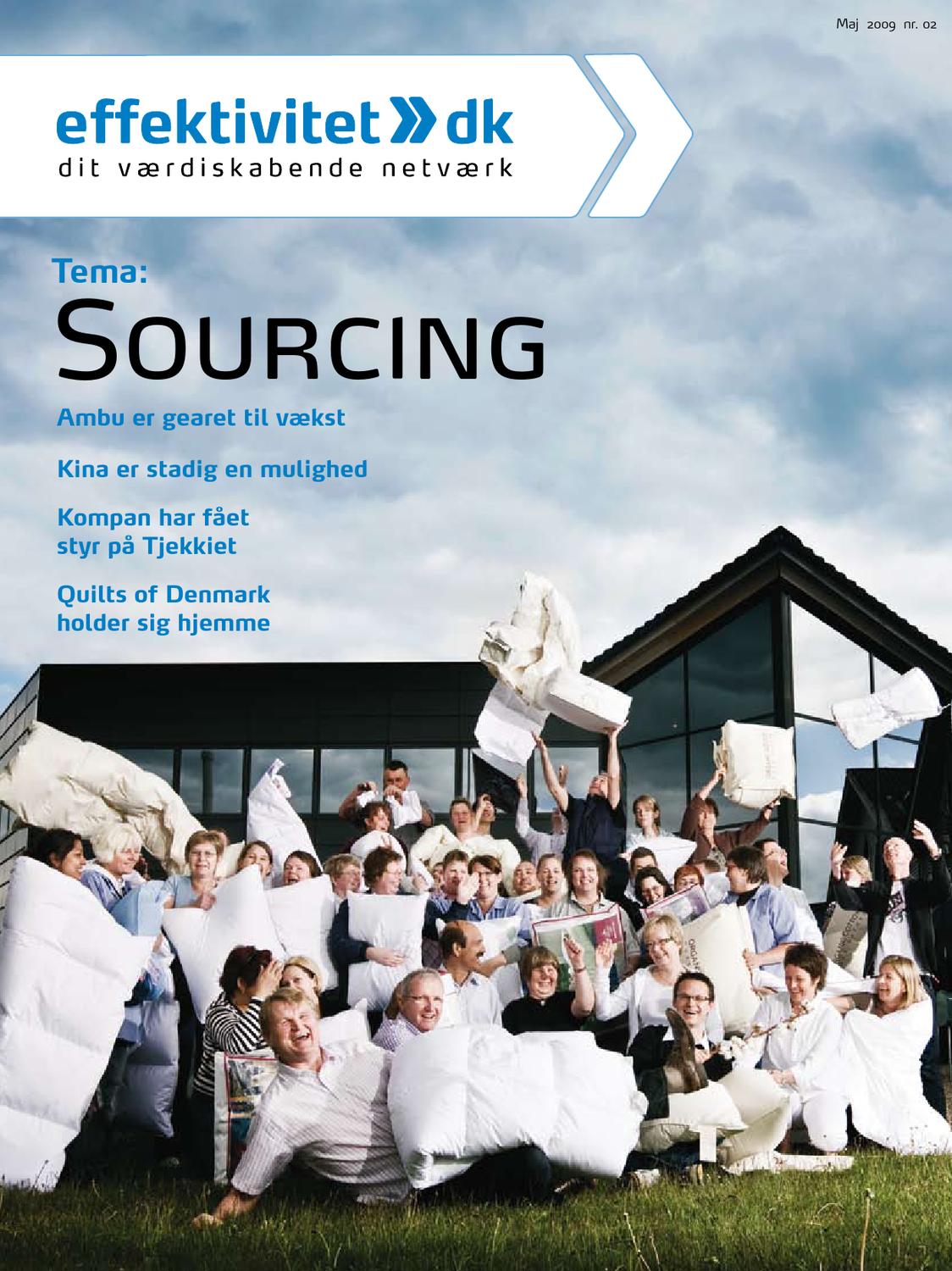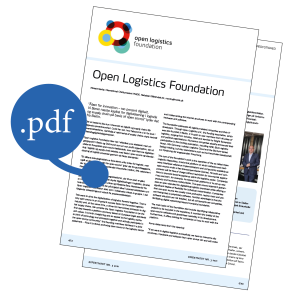 ”Åben for innovation – 100 procent digitalt. Vi åbner næste kapitel for digitalisering i logistik og supply chain på basis af open source” lyder det fra Berlin.
”Åben for innovation – 100 procent digitalt. Vi åbner næste kapitel for digitalisering i logistik og supply chain på basis af open source” lyder det fra Berlin.
Det er bestemt ikke kun i Danmark at logistik og supply chains får stigende opmærksomhed. Covid har vist, hvor følsomme vi er for brud i leverancekæderne. Samtidig er optimering af supply chains uhyre centralt i bæredygtighedsdagsordenen.
Open Logistics Foundation blev her I efteråret 2021 etableret med udgangspunkt i Berlin og Dortmund som en non-profit organisation, der vil skabe et Europæisk open-source fællesskab, som skal fremme digitalisering i logistik og supply chain ledelse med basis i open source og standardisering af logistik processer gennem de-facto standarder.
”Et sådant teknologiinitiativ er ikke alene unikt inden for logistik, men også et pionertiltag inden for open-source” lyder det fra grundlæggerne, der bl.a. kommer fra det anerkendte Fraunhofer institut, IML sektionen i Dortmund.
Det er tyske virksomheder og organisationer, der til en start er gået sammen for i fællesskab at ville styrke digitaliseringen i logistiks. Ønsket er imidlertid at initiativet skal vokse og tiltrække flere interessenter fra hele Europa. Derfor skrives der på engelsk såvel i pressemeddelelsen om Open Logistics Foundation start som i initiativets Linked-in gruppe. I det følgende viderebringes et udsnit fra pressemeddelelsen.
“We want to drive the digitalization of logistics forward together. That is why open source is an important success factor for the entire logistics industry and, at the same time, a driver for harmonized processes in digital supply chains. We consider the Open Logistics Foundation to be the first step towards a platform economy based on European legal standards and values. It is both a beginning and an appeal to the logistics sector to think of technology and processes together and actively participate in the open-source community,” the founding members declared in a joint statement. – Now it is about anchoring open source in the logistics sector and implementing the internal structures to work with the corresponding hardware and software.
The foundation addresses all logistics-related companies and their IT developers. Through Open Logistics e.V., the funding association, which was also founded in Berlin, it is open to new members from all areas of logistics, ranging from industry, retail and services to freight forwarders and political organizations. Numerous companies already announced their participation in the funding association, including AEB, BLG Logistics Group, GS1 Germany, Lobster Logistics Cloud and the Bochum-based Setlog Holding, but also associations such as the Fraunhofer Gesellschaft zur Förderung der angewandten Forschung.
The core of the foundation’s work is the operation of the so-called Open Logistics Repository, a technical platform on which software and hardware interfaces reference implementations and components available as open-source under a free license (permissive license). All tools and components will be free of charge without restriction for commercial applications to promote broad acceptance within the logistics sector. Companies may use them, for example, to expand their platforms or to set up new products and business models faster. The open-source approach guarantees an open standard for digitalizing logistics processes while offering a significant degree of flexibility for individual customization. Companies that use open source are usually more productive, reduce costs and prevent being tied to proprietary software. Another advantage is that the software solutions are not isolated, but all components are compatible, facilitating digital networking beyond company boundaries.
The main tasks of the foundation also include identifying collaborative projects to be included in the repository. It monitors the quality of the open-source software and guarantees neutrality in its development. Furthermore, it offers training for companies on how to work with the platform.
Some statements from the opening:
“If we want to digitize logistics successfully, we have to overcome silo structures. Hardware and software from open source can and will make a significant contribution to achieving this. The benefits are impressively simple: Everyone uses the same freight documents, for example, and everyone plans routes or offers tracking and tracing. In this respect, we want to jointly develop IT standards in logistics beyond company boundaries and make the results accessible to everyone. This open-source approach is intended to replace individual investments in the digitalization of commodities. Every company will benefit from this.”
Jochen Thewes, CEO of DB Schenker, Chairman of the Board of the Open Logistics Foundation
“Digitalization is not an end in itself. It overcomes interfaces and pays off higher-level goals such as transparency, efficiency, and sustainability. Above all, however, it must also be economically feasible and successful on the market. 100 percent digital is not a dream, but our common future in more and more use cases. The open-source concept guarantees an open standard for digitalizing logistics processes while offering a high degree of flexibility for individual adaptations. By founding the Open Logistics Foundation, we have laid the basis for the era of open source in logistics.”
Dr. Stephan Peters, Board Member of Rhenus SE & Co. and Open Logistics Foundation Vice Chairman
Læs mere om Open Logistics Foundation: www.openlogisksfoundation.org
Visit website. Bliv selv en del af initiativet som følger på Linked-in via https://lnkd.in/dSHz6zch
Eller følg: #OpenLogisticsFoundation #OpenSource #logistics #joinOS #OScommunity #logisticsrocksOS
#logisticsforOS
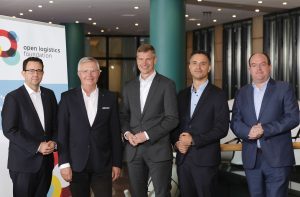
Grundlæggerne af Open Logistics Foundation er:
DACHSER, DB Schenker, duisport – Duisburger Hafen AG and Rhenus Logistics . Idé-mændene bag initiativet er Stefan Hohm (Dachser), Prof. Dr. Dr. h. c. Michael ten Hompel (Fraunhofer Institute for Material Flow and Logistics, IML), Stephan Peters (Rhenus), Christian Bockelt (DB Schenker) and Markus Bangen (duisport).



